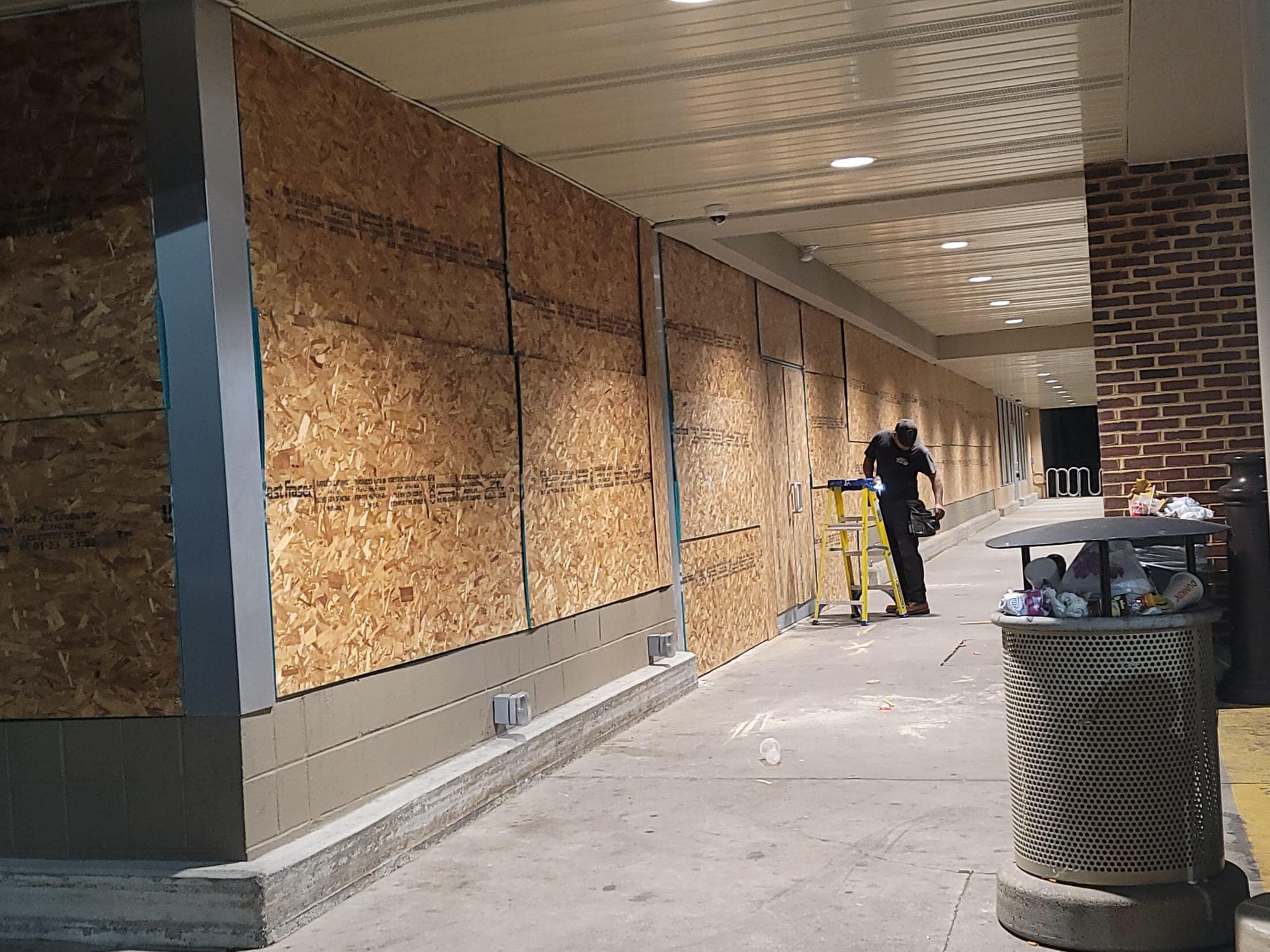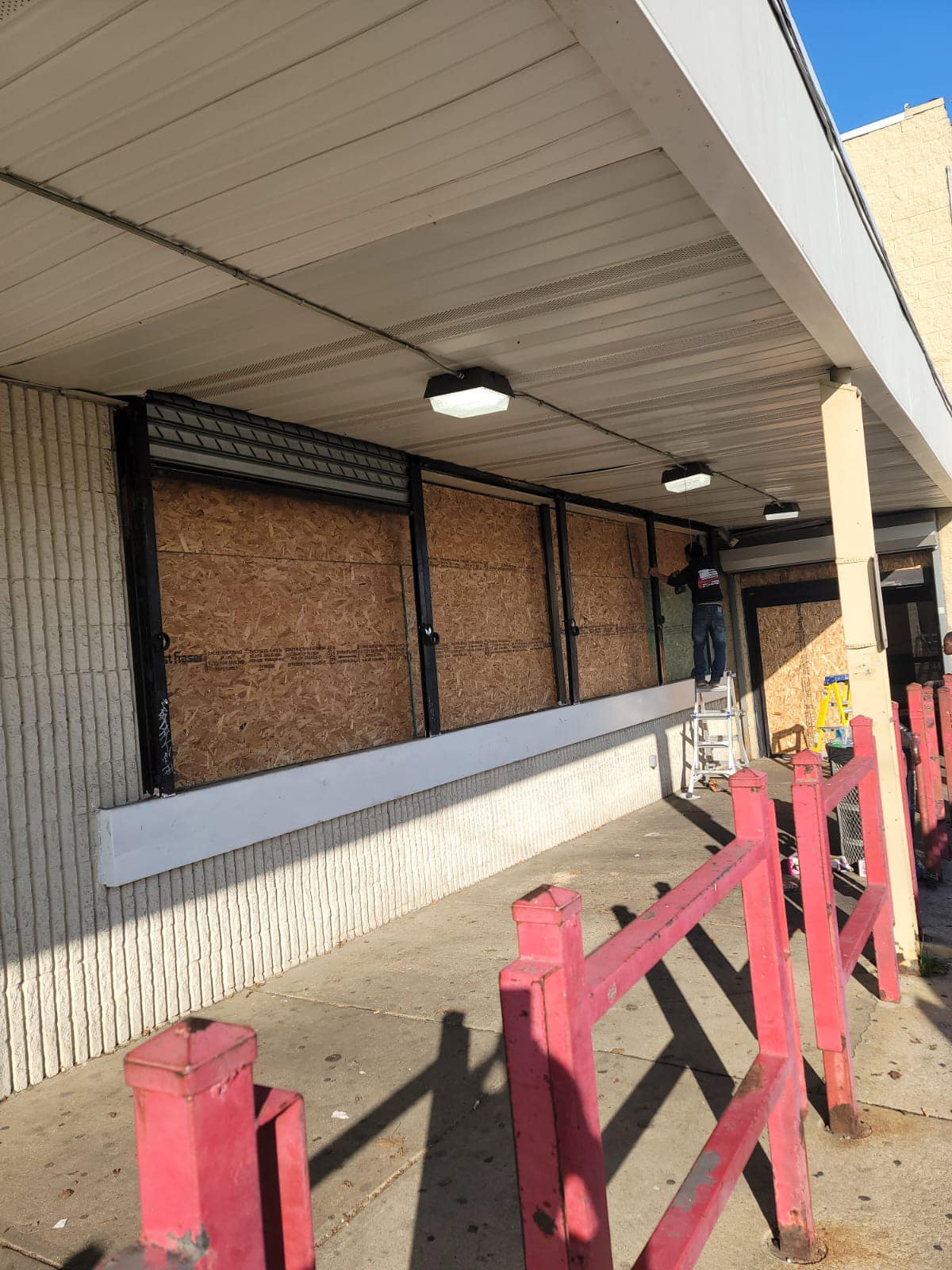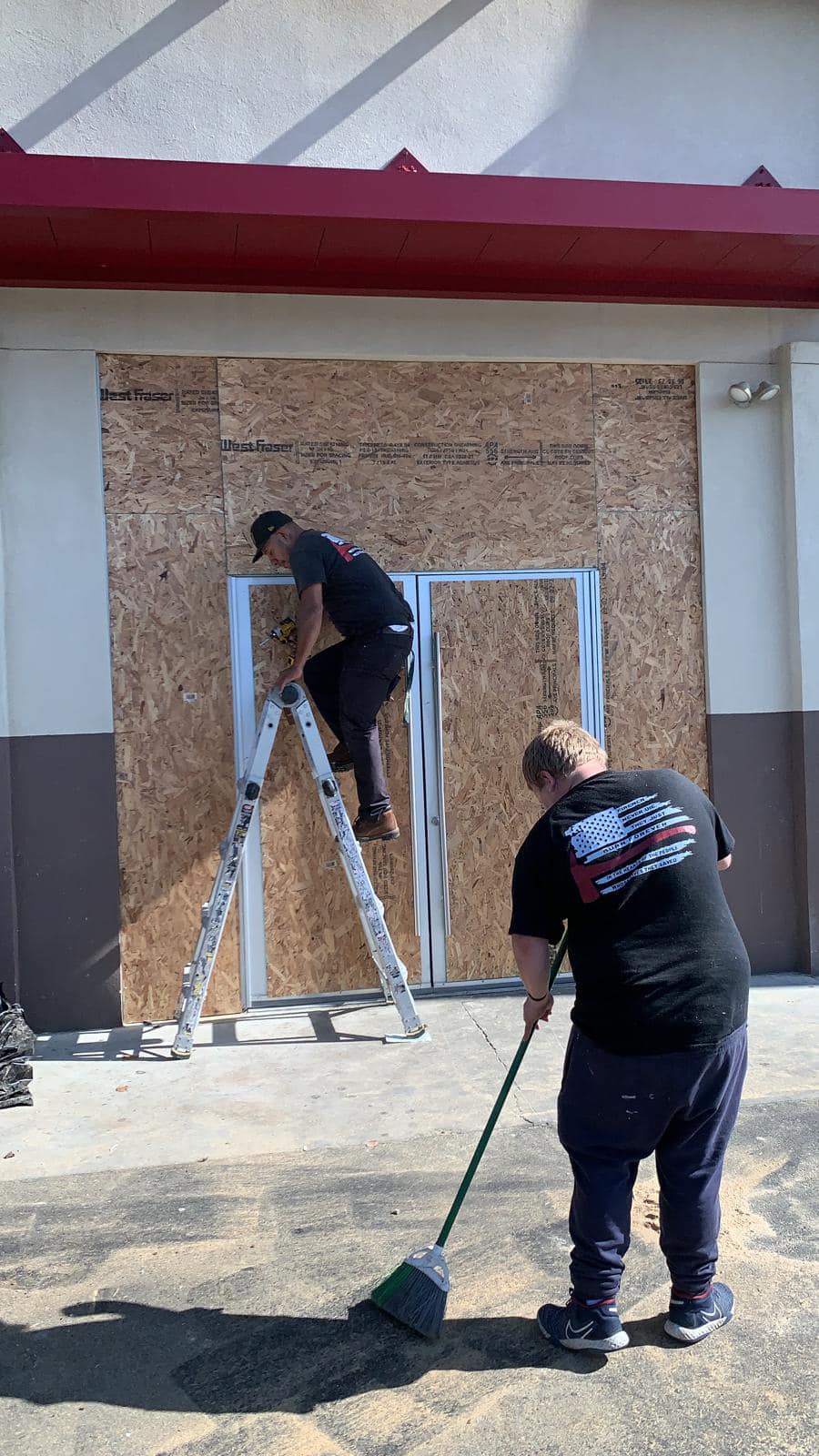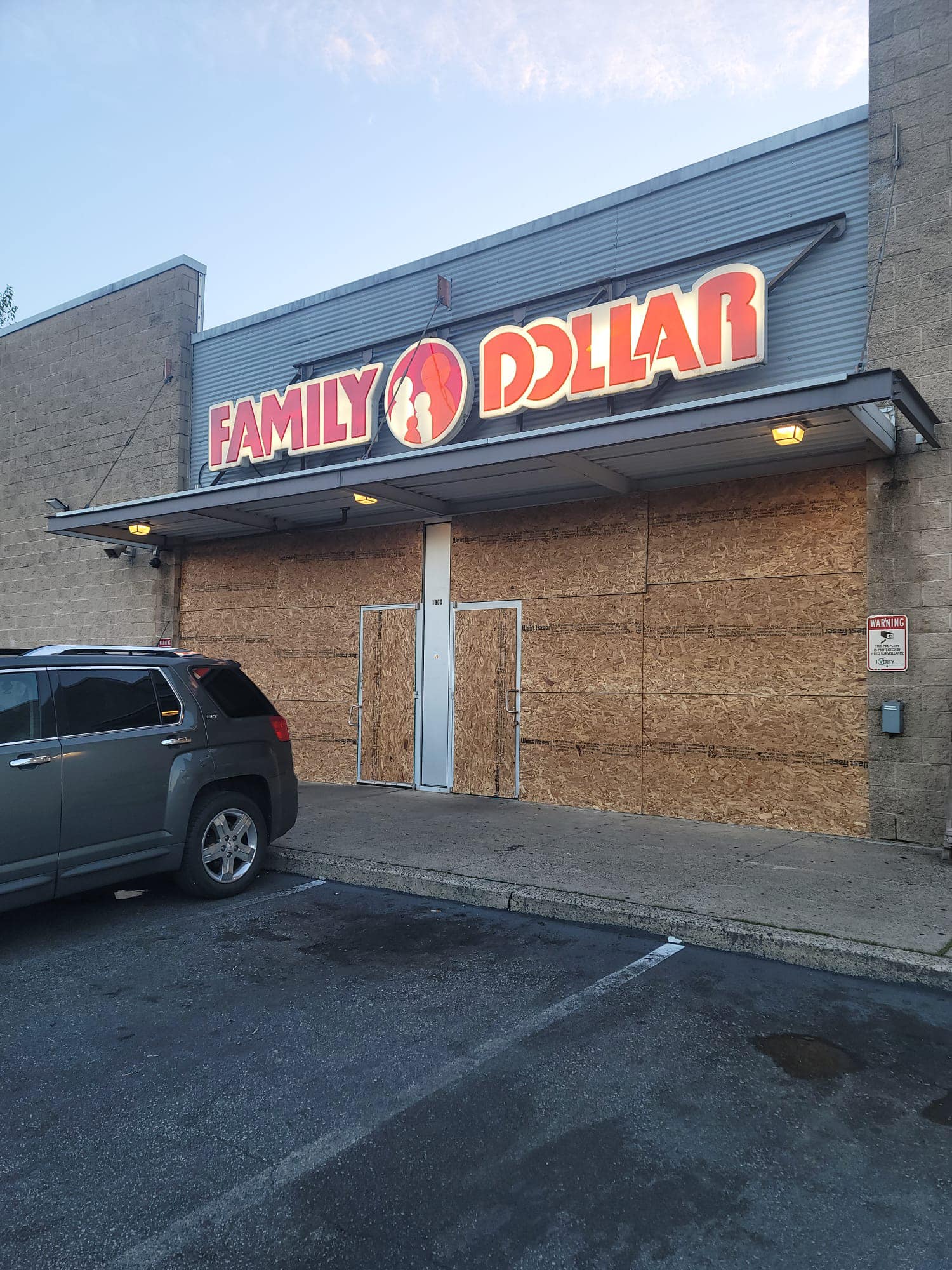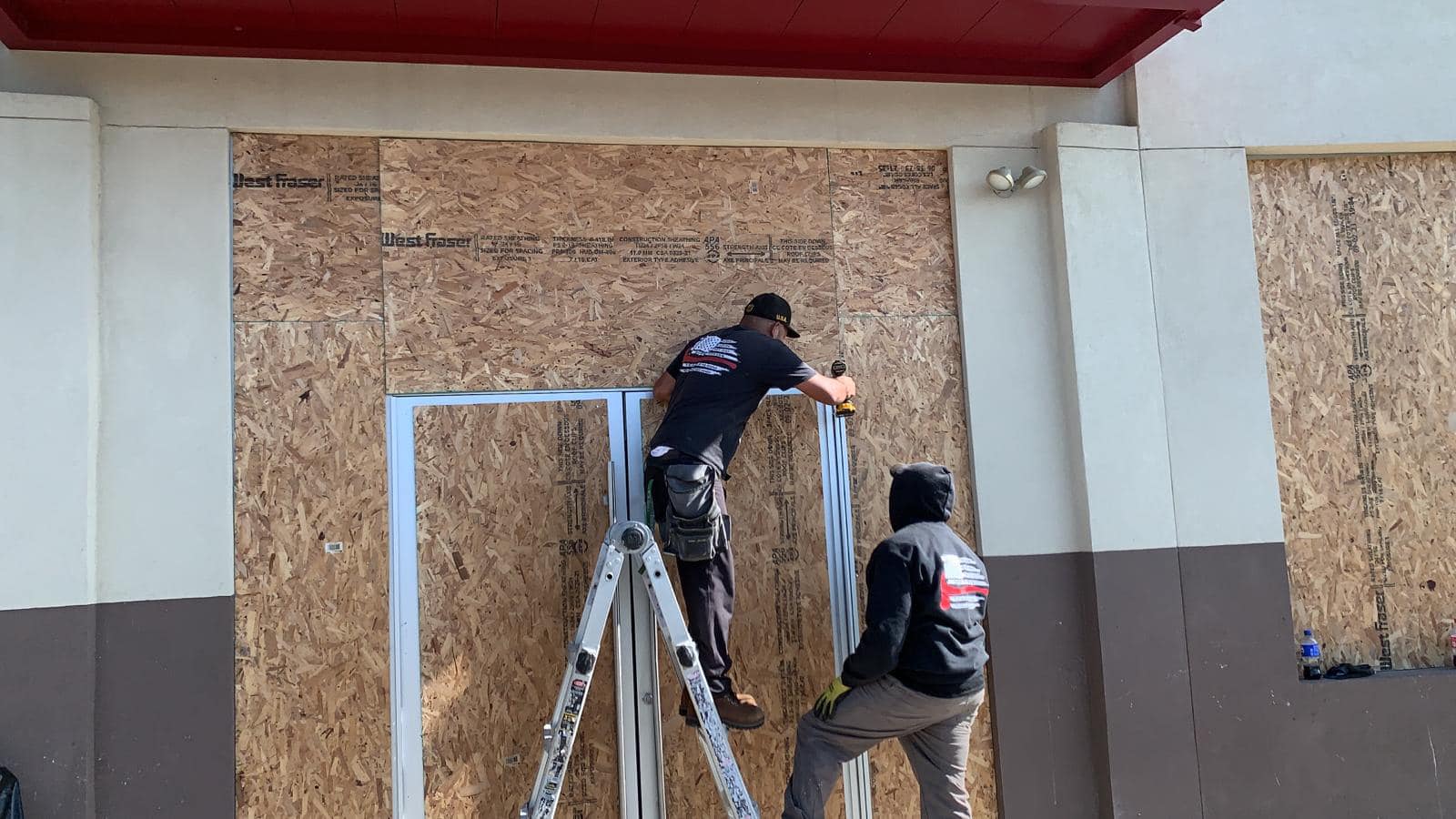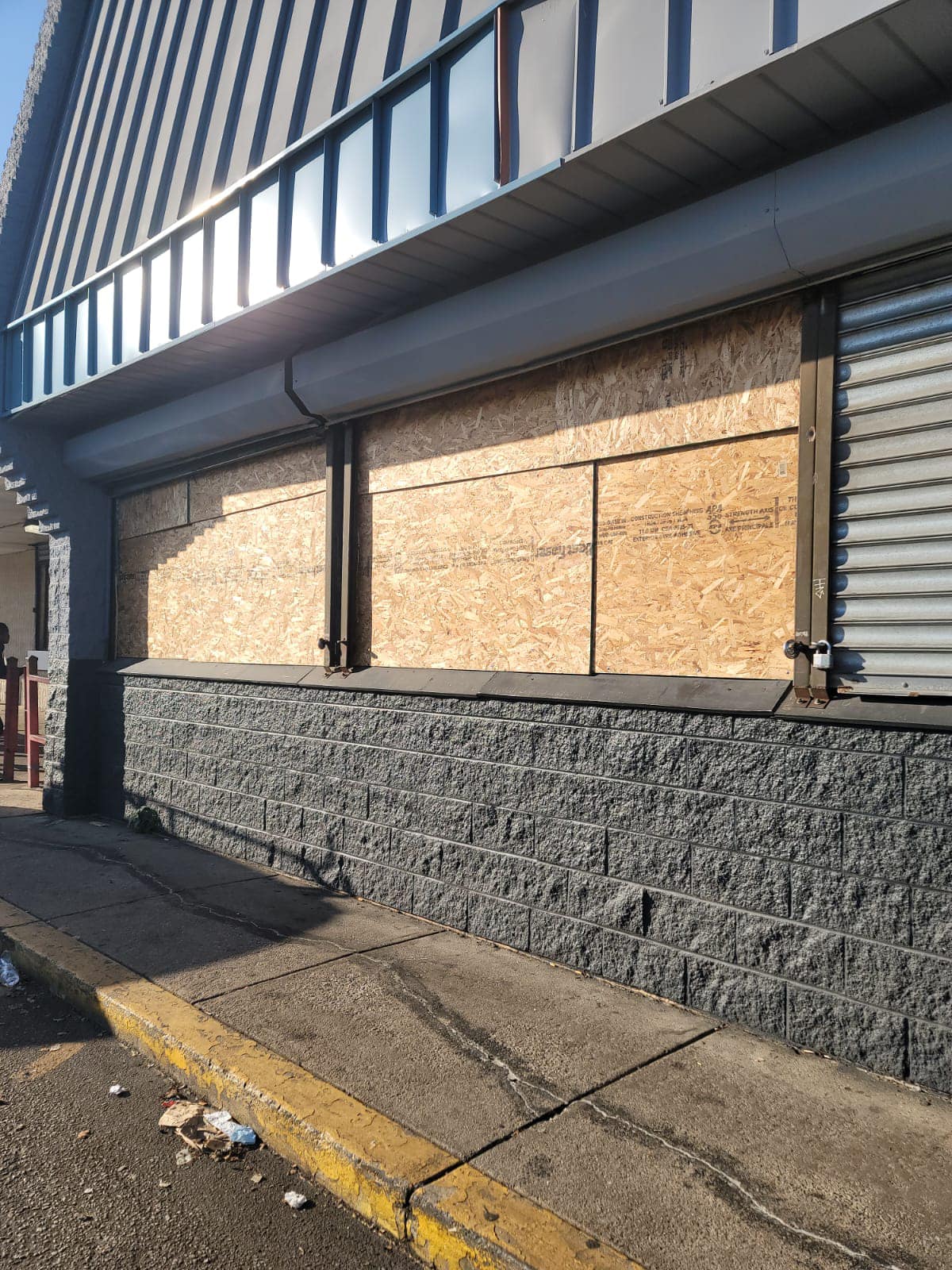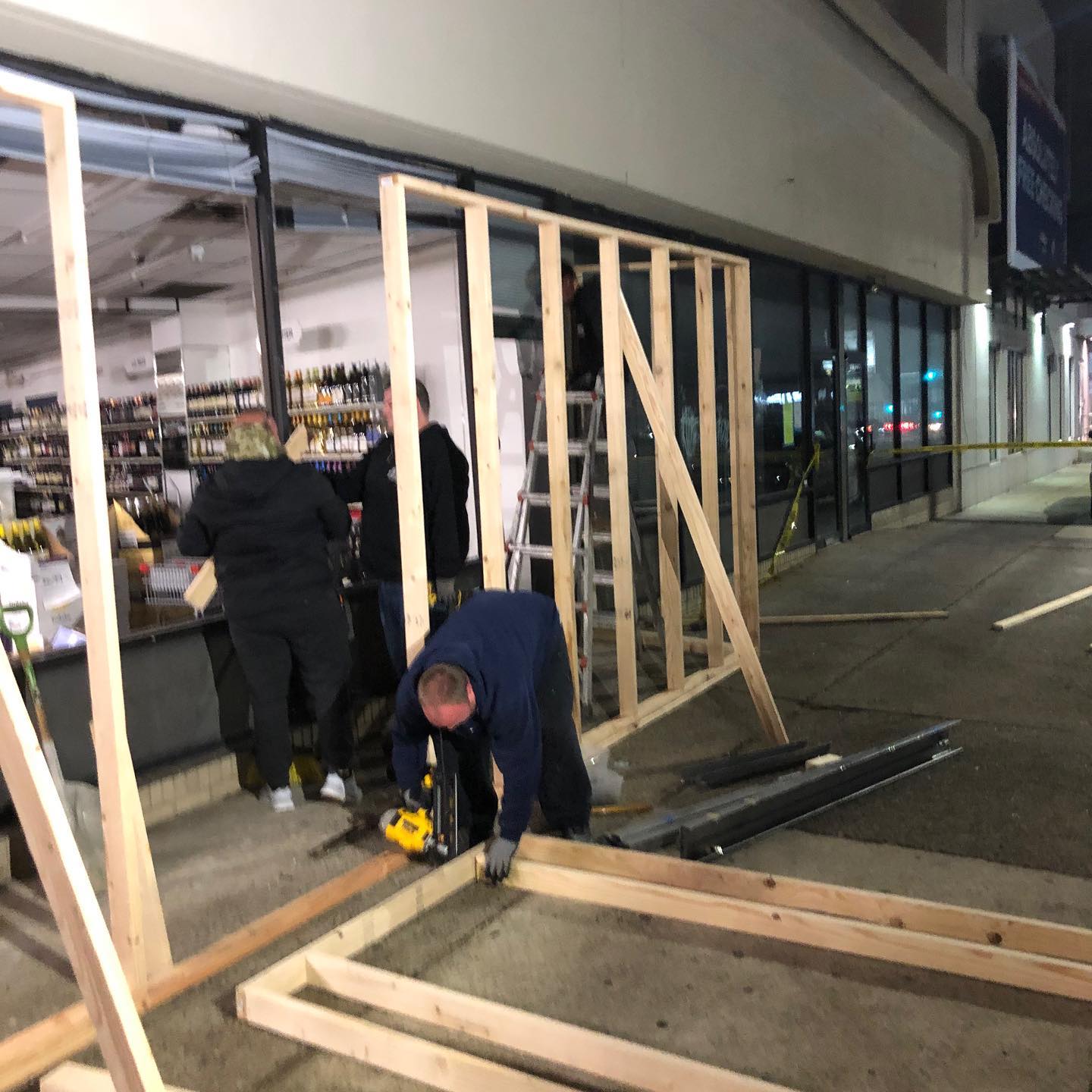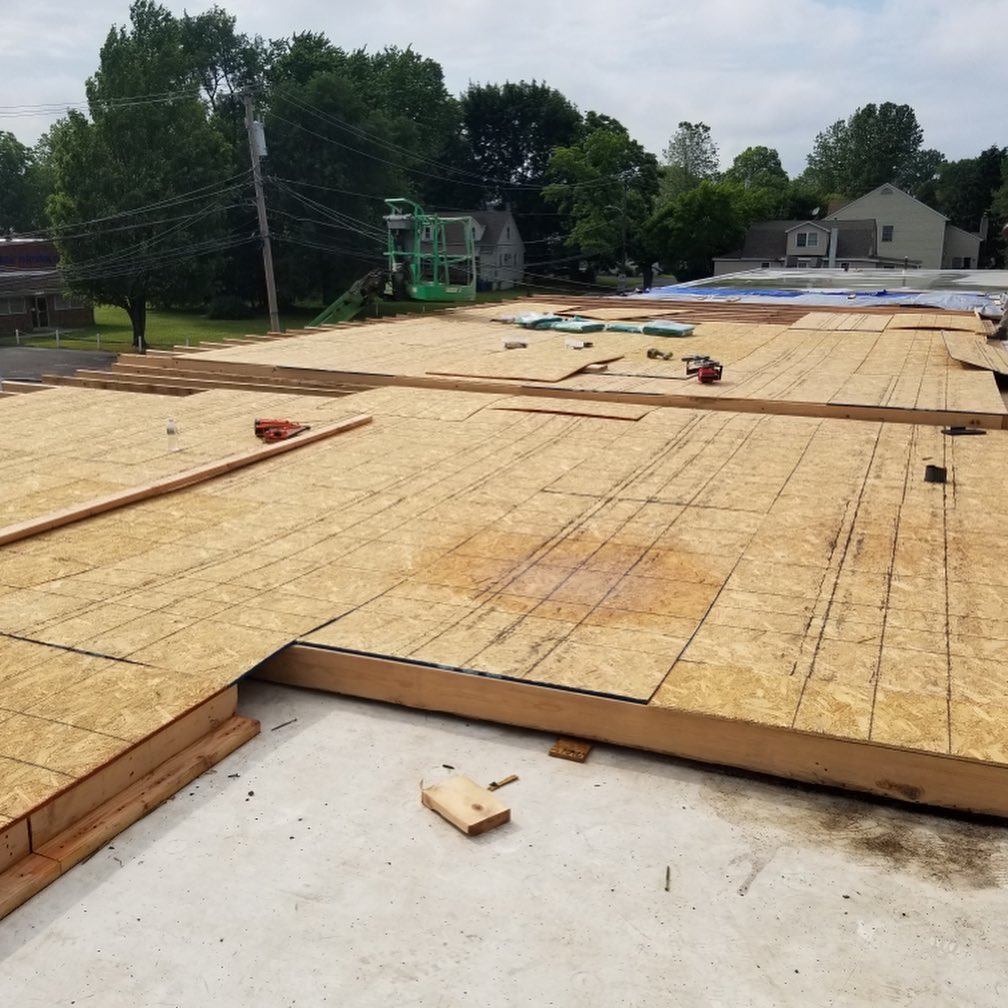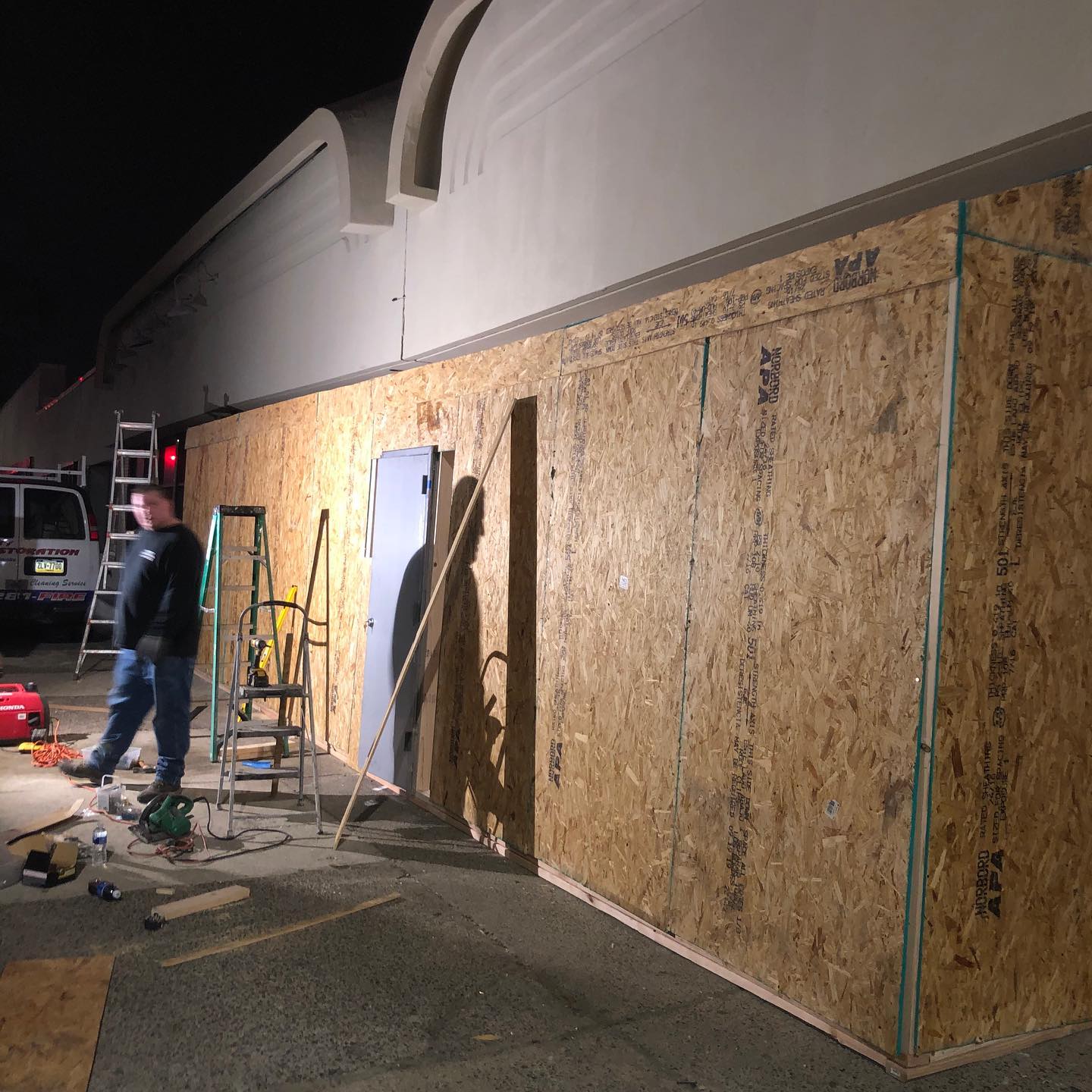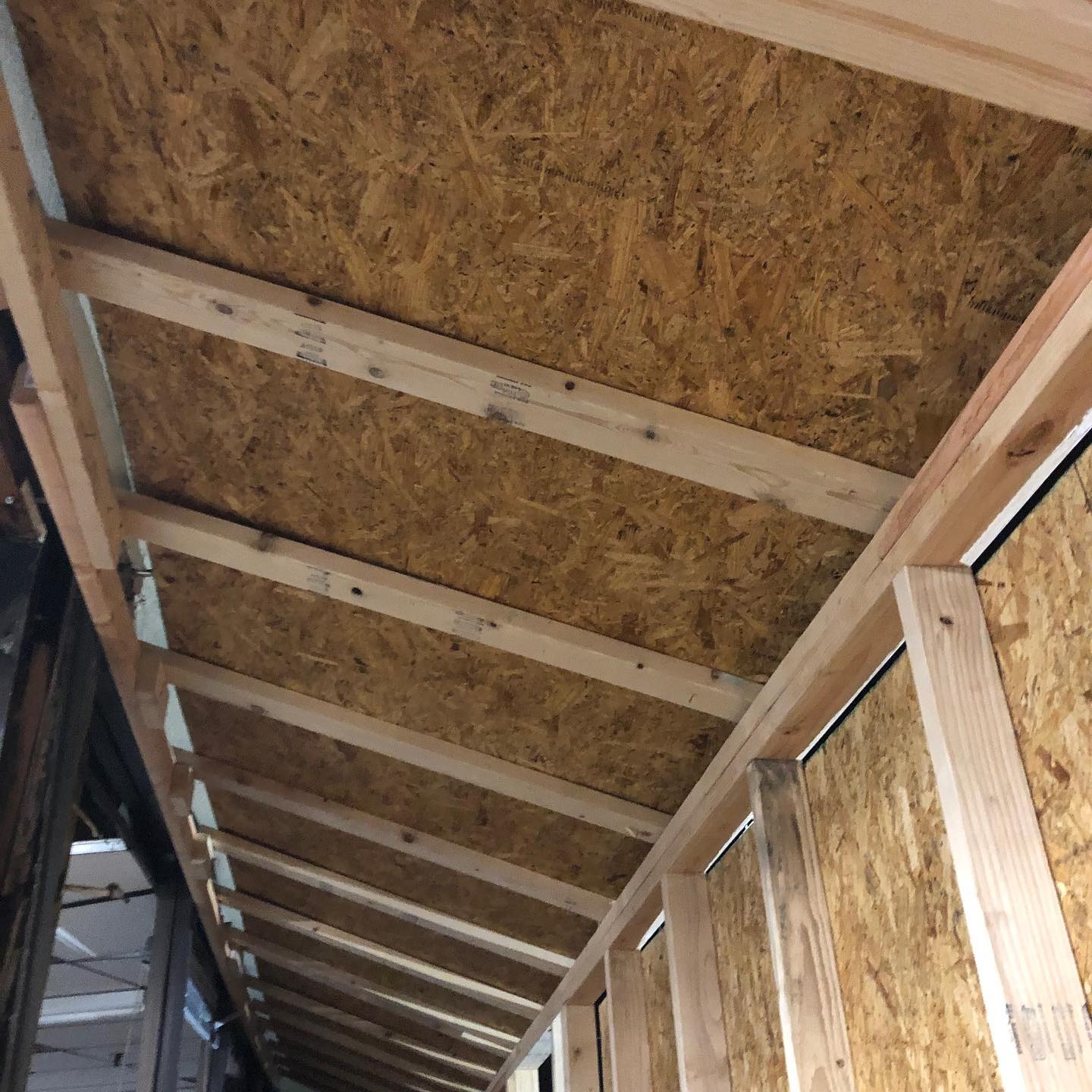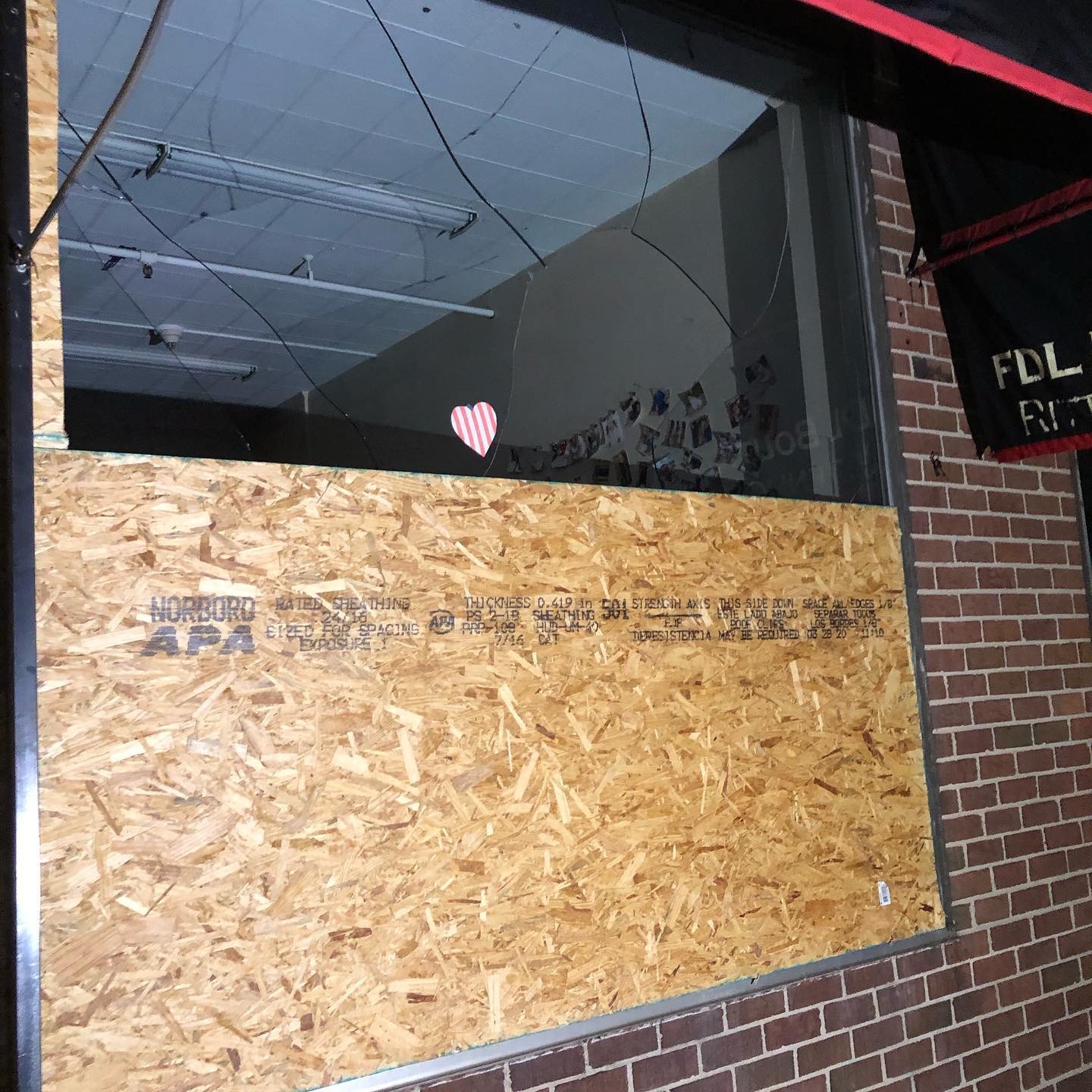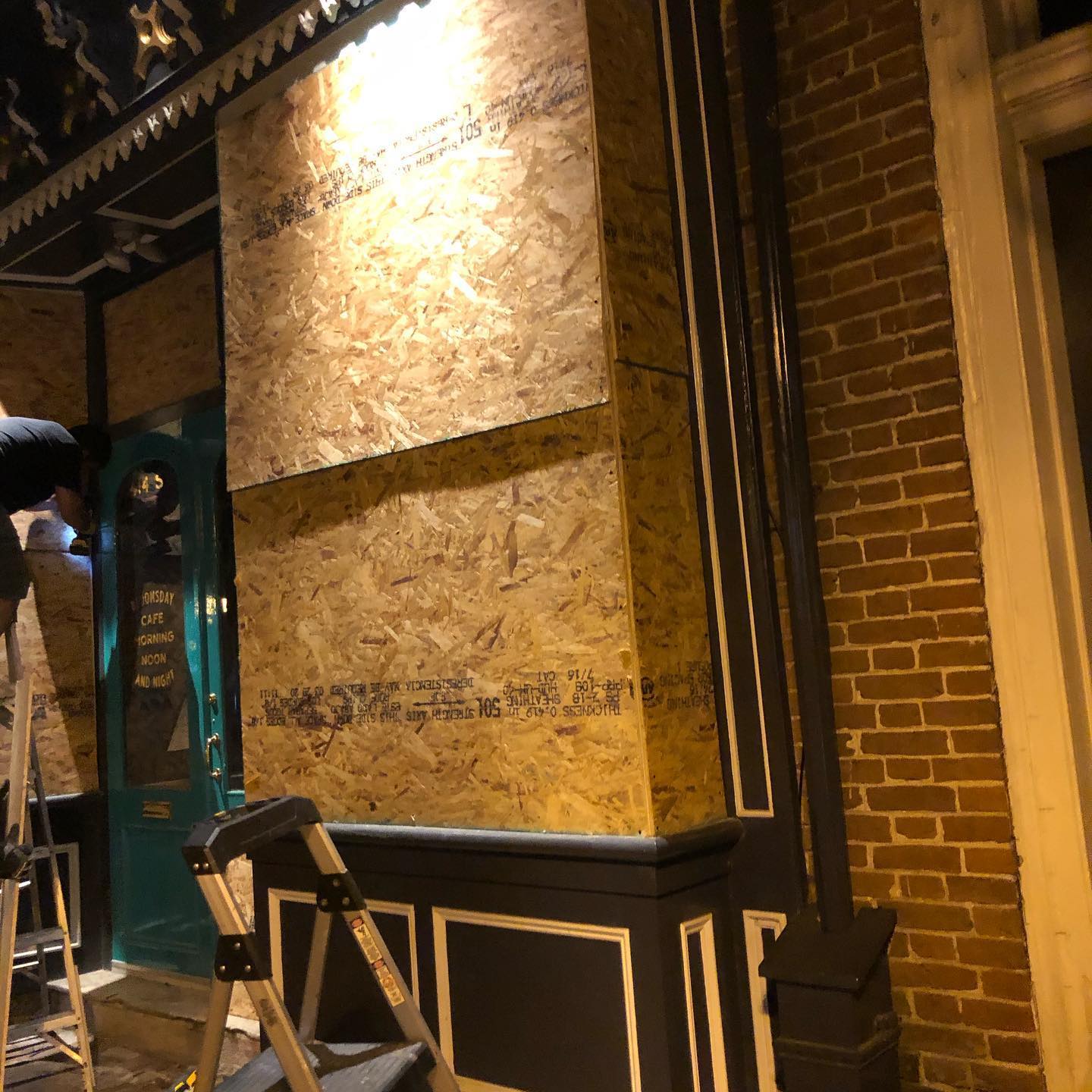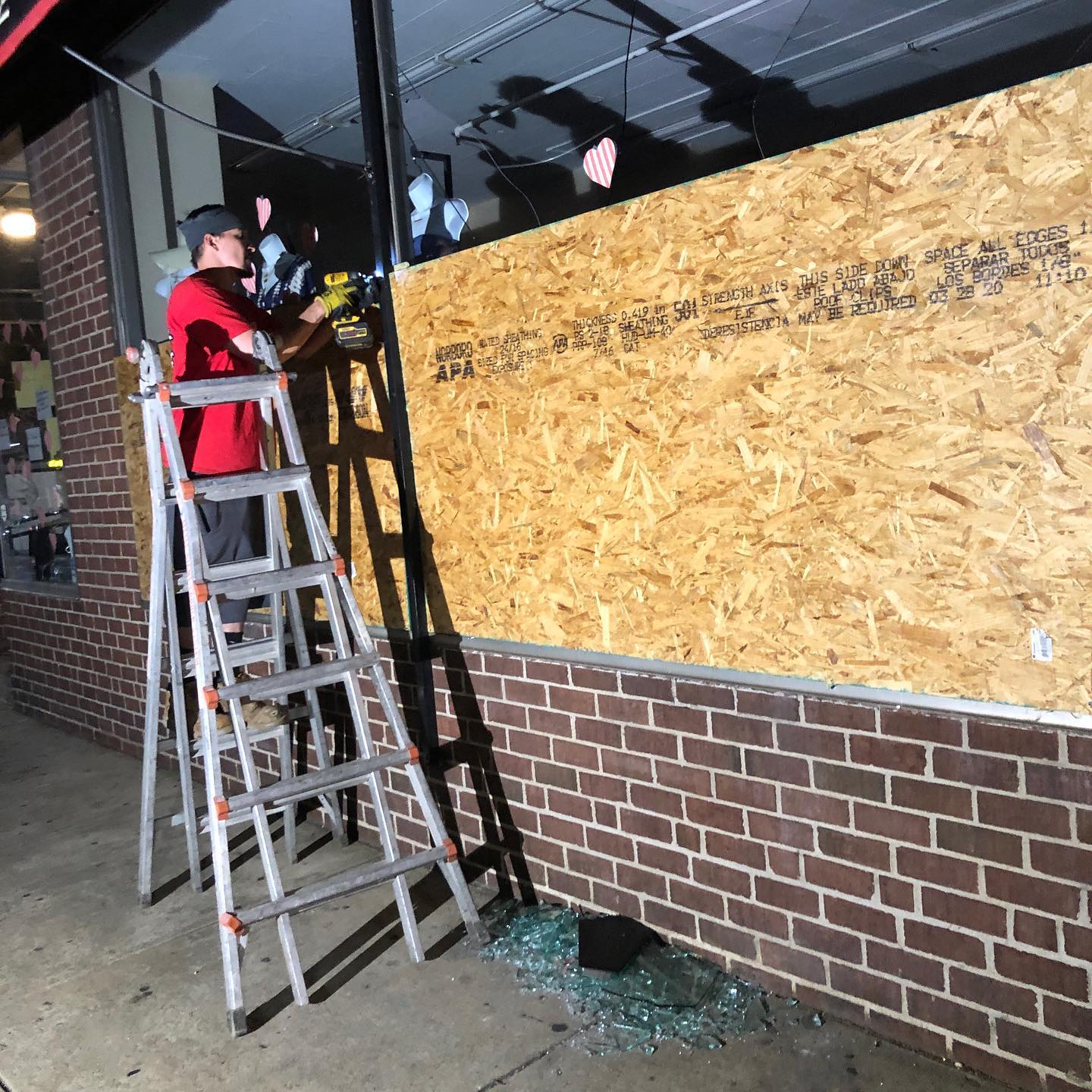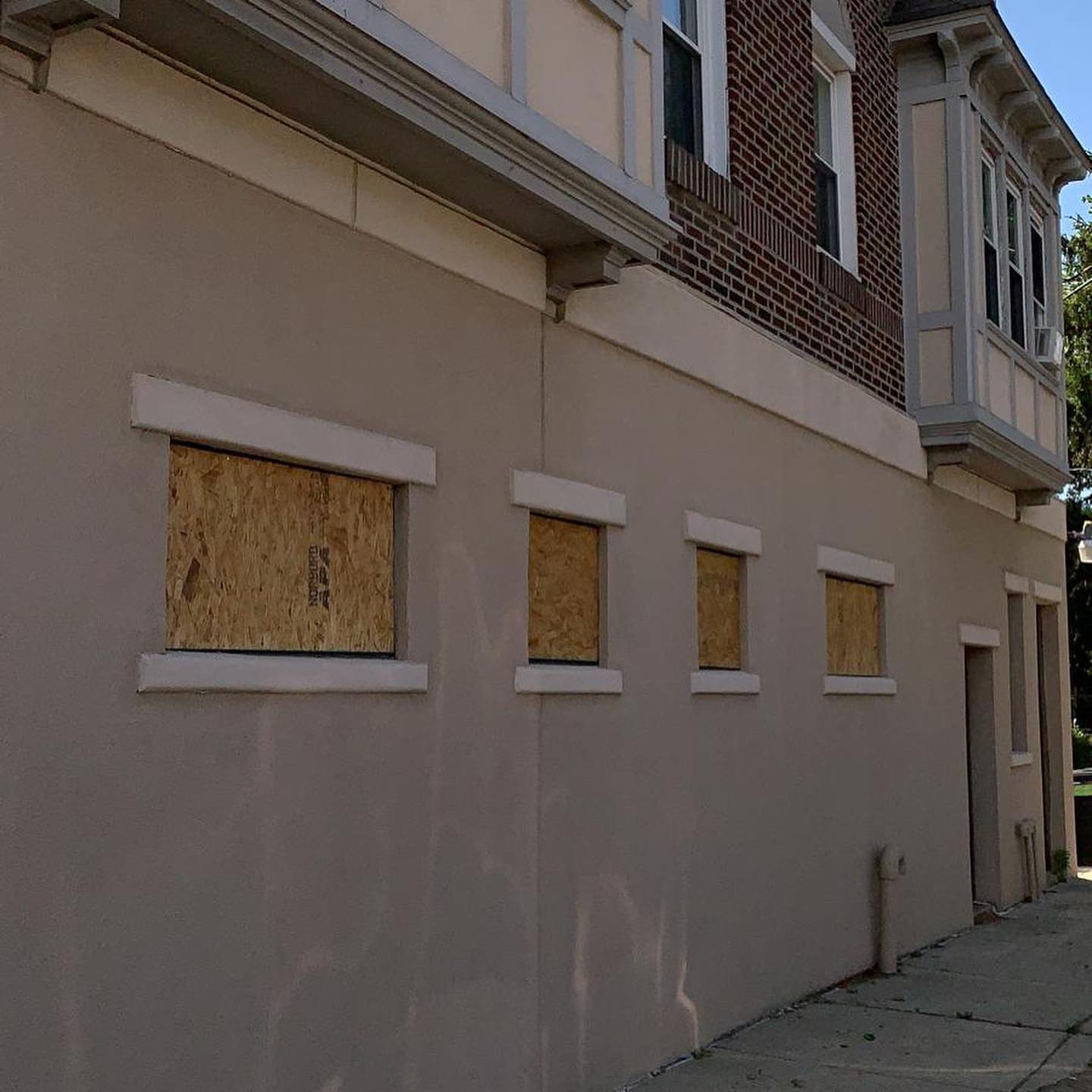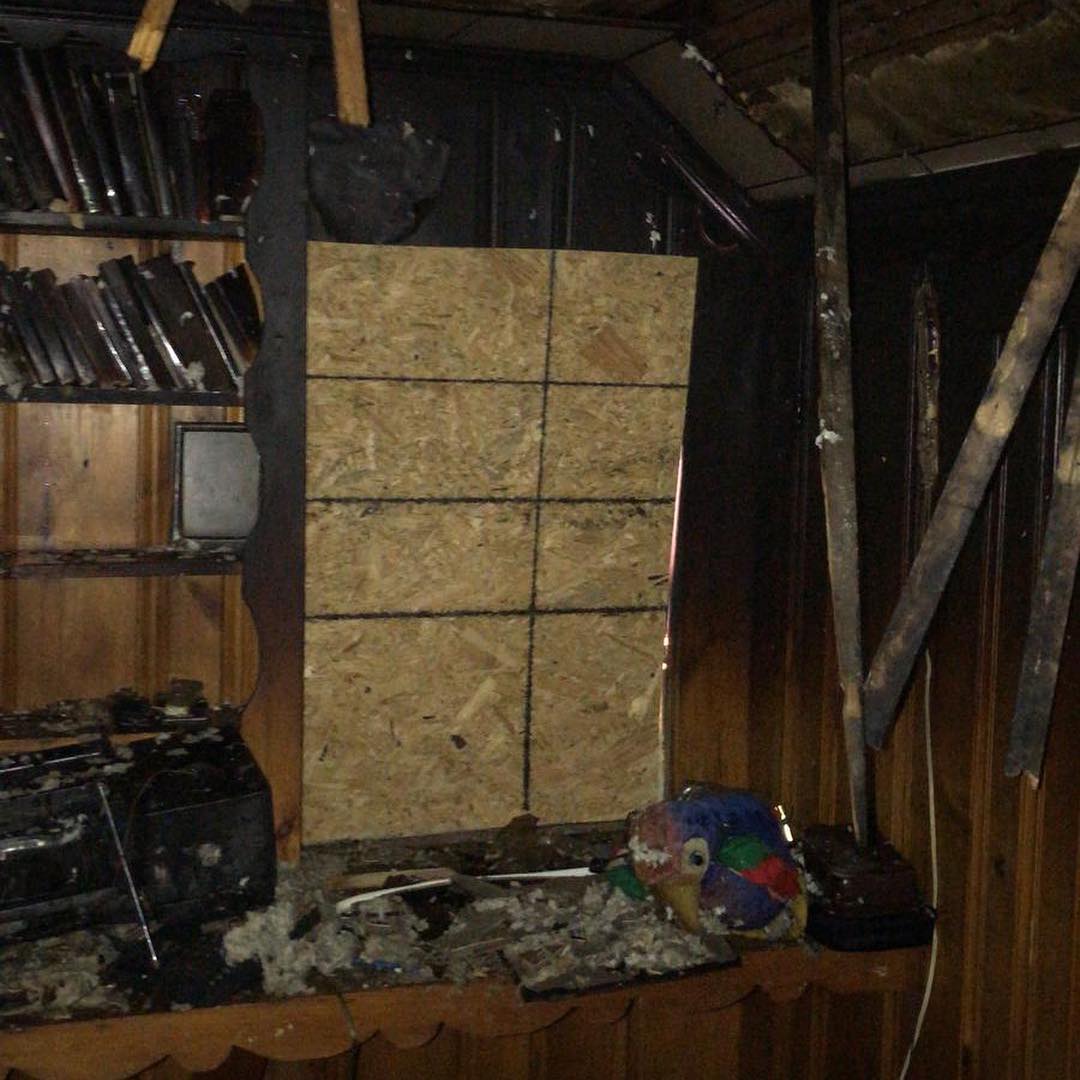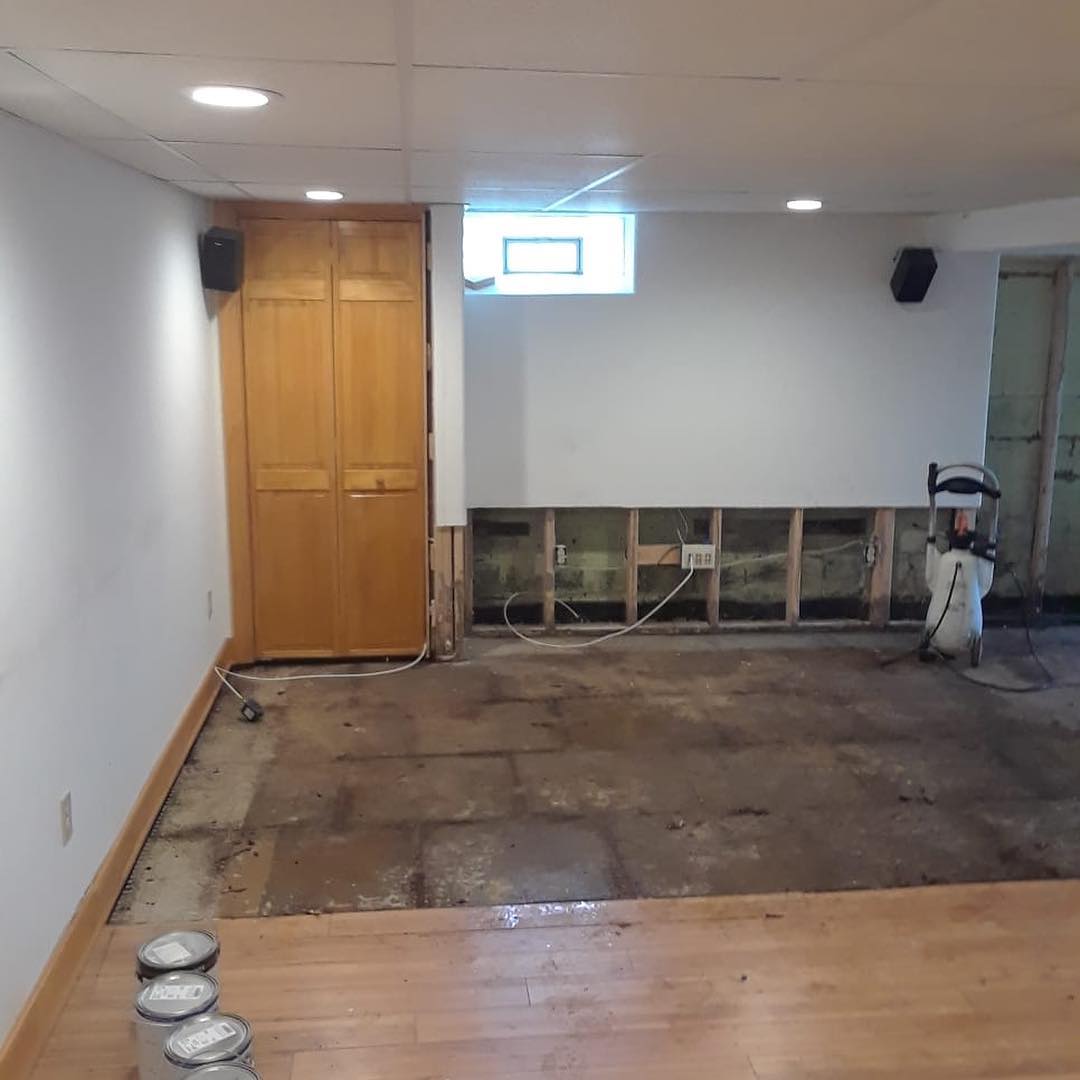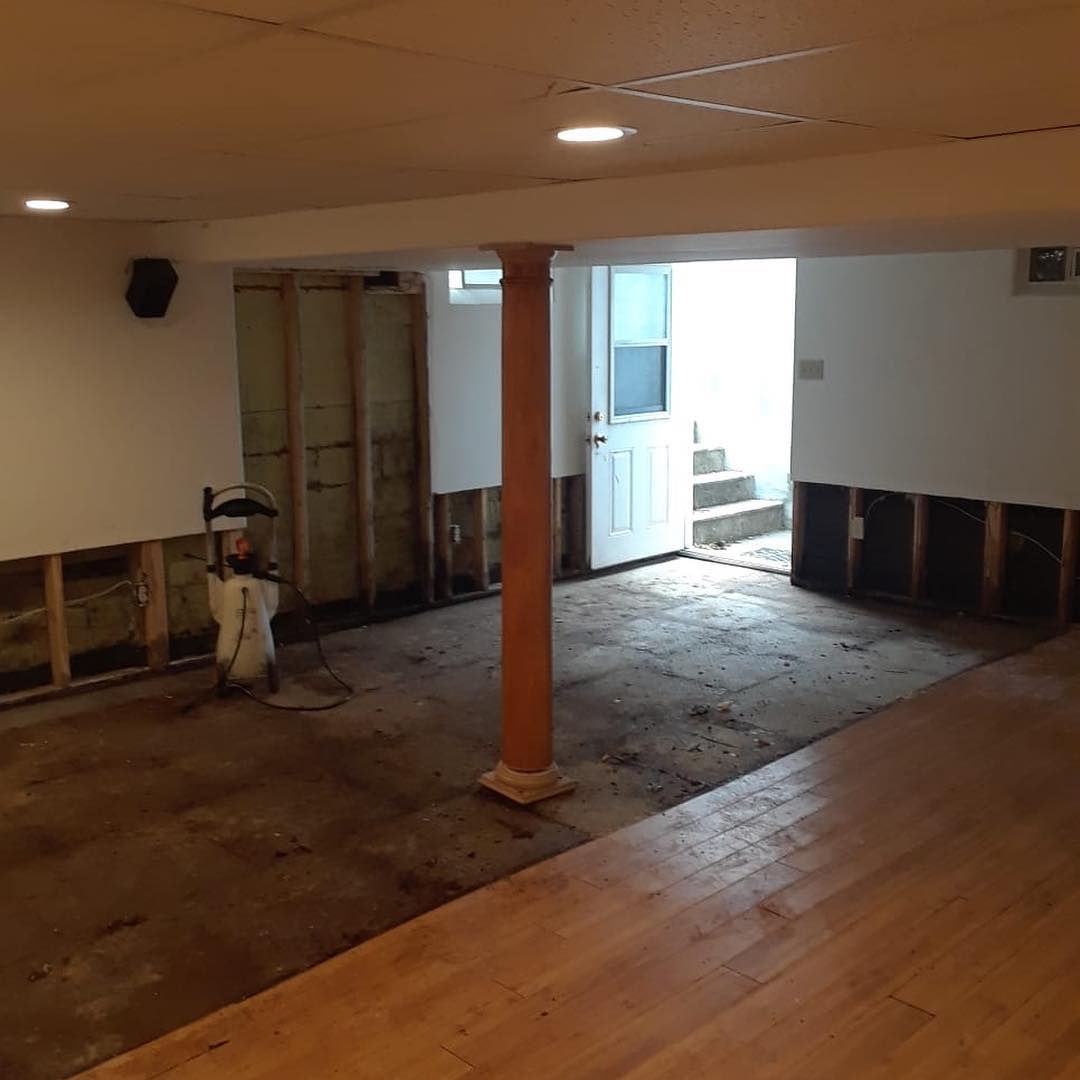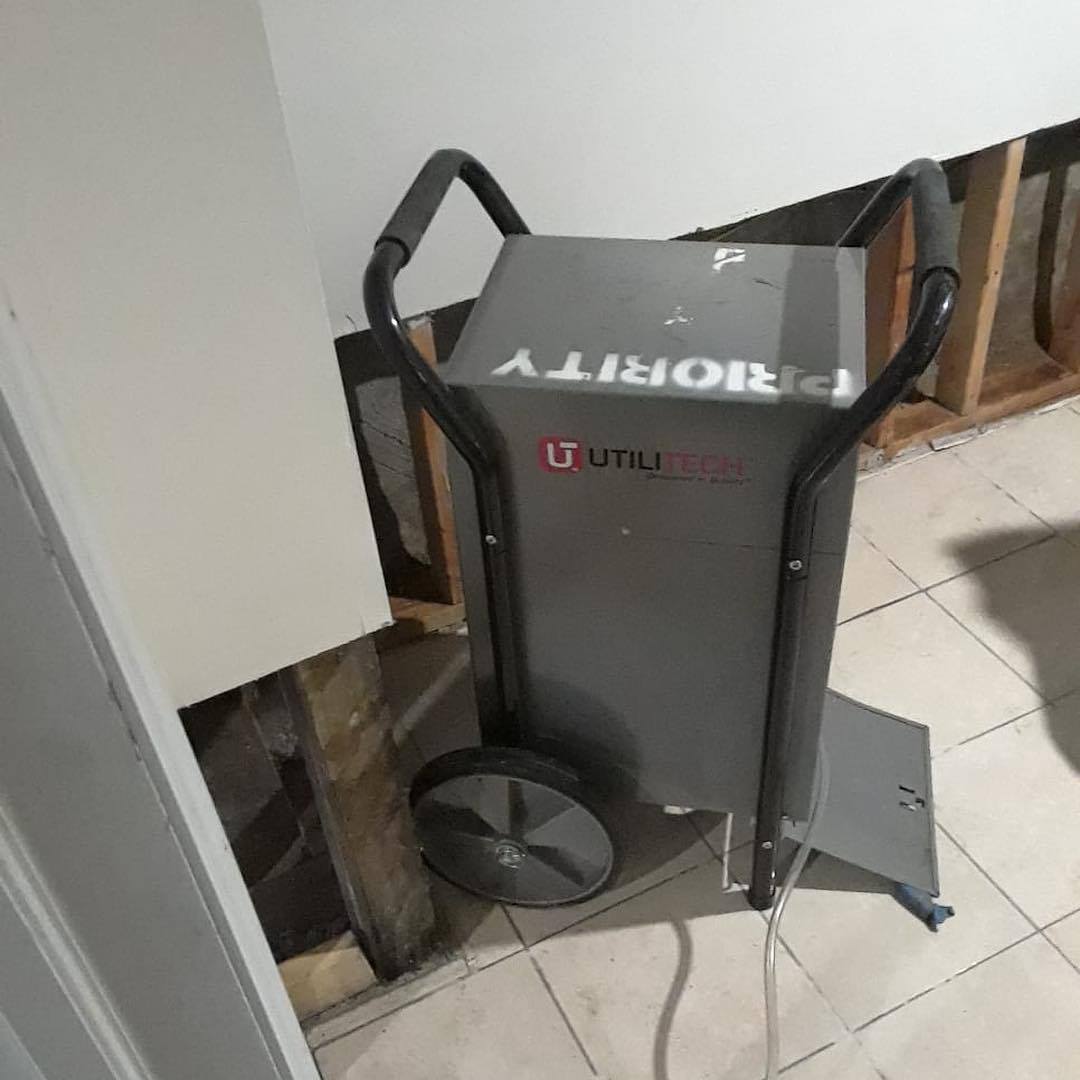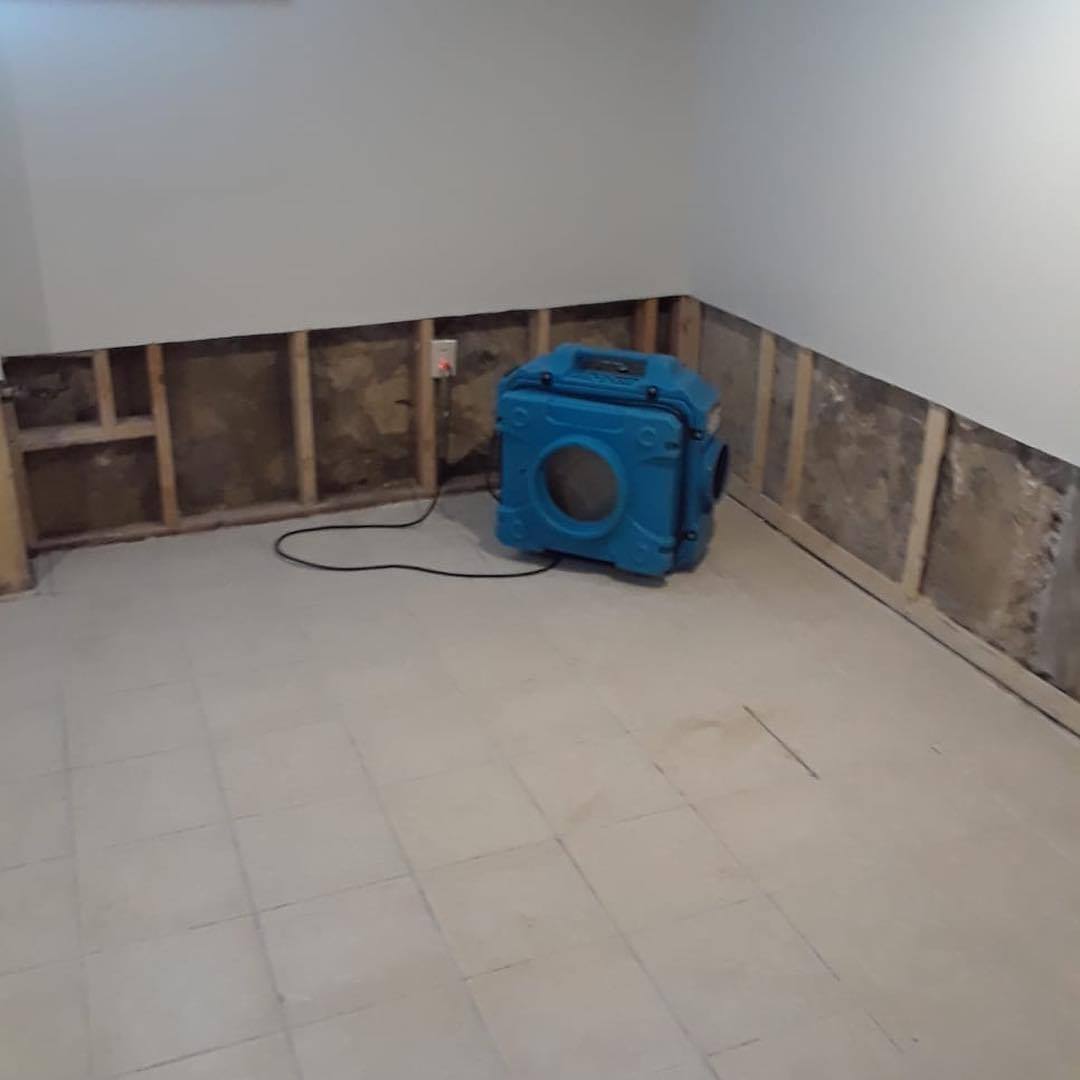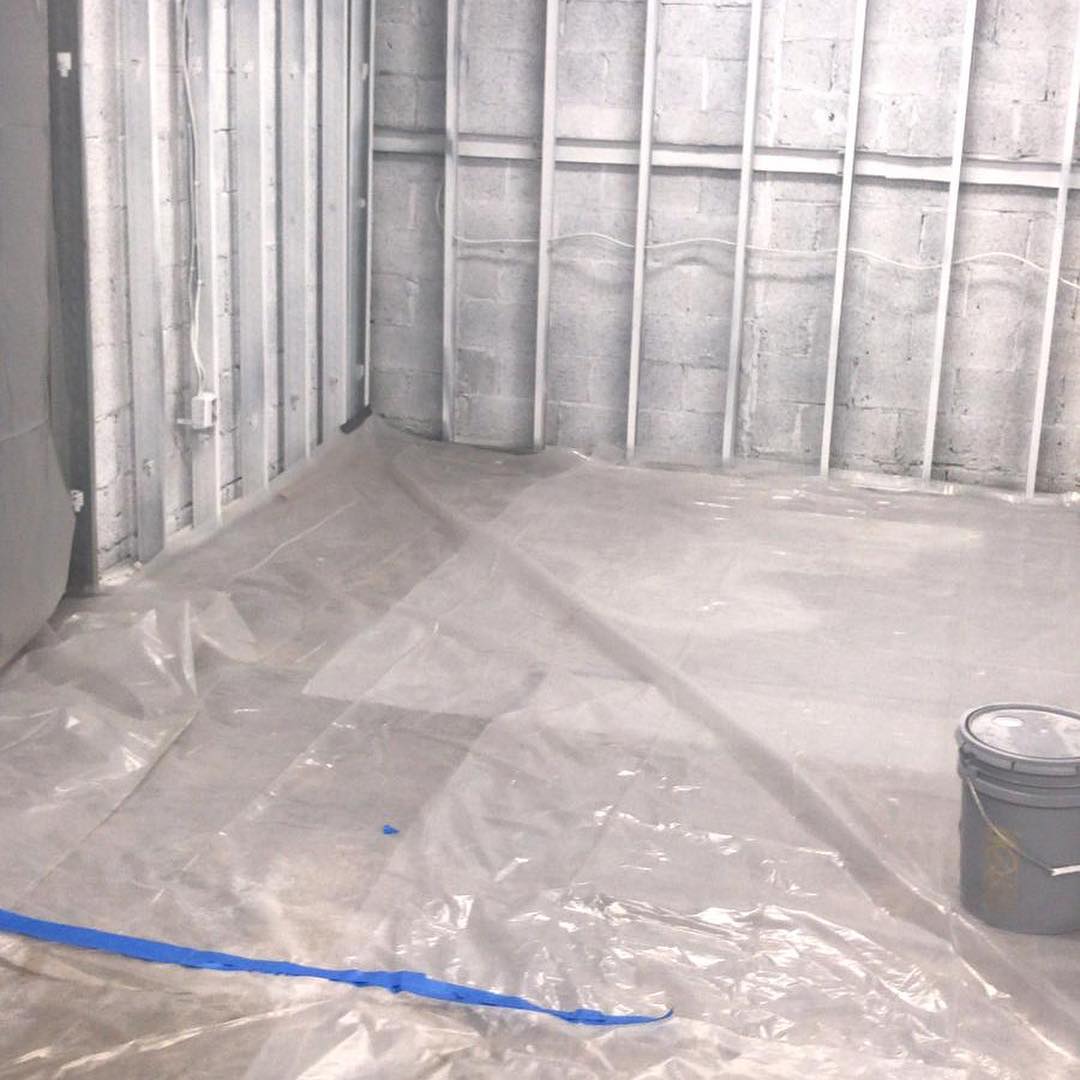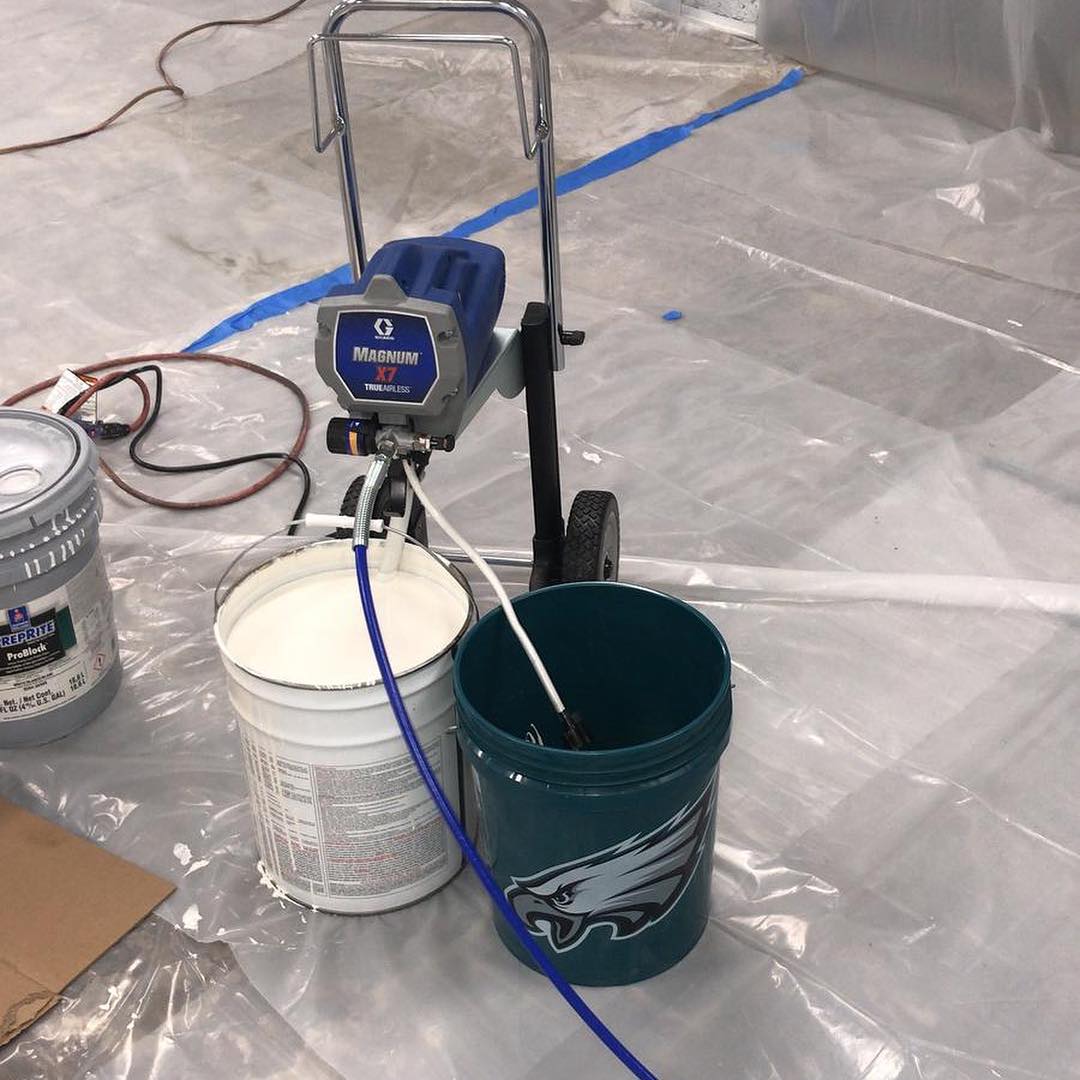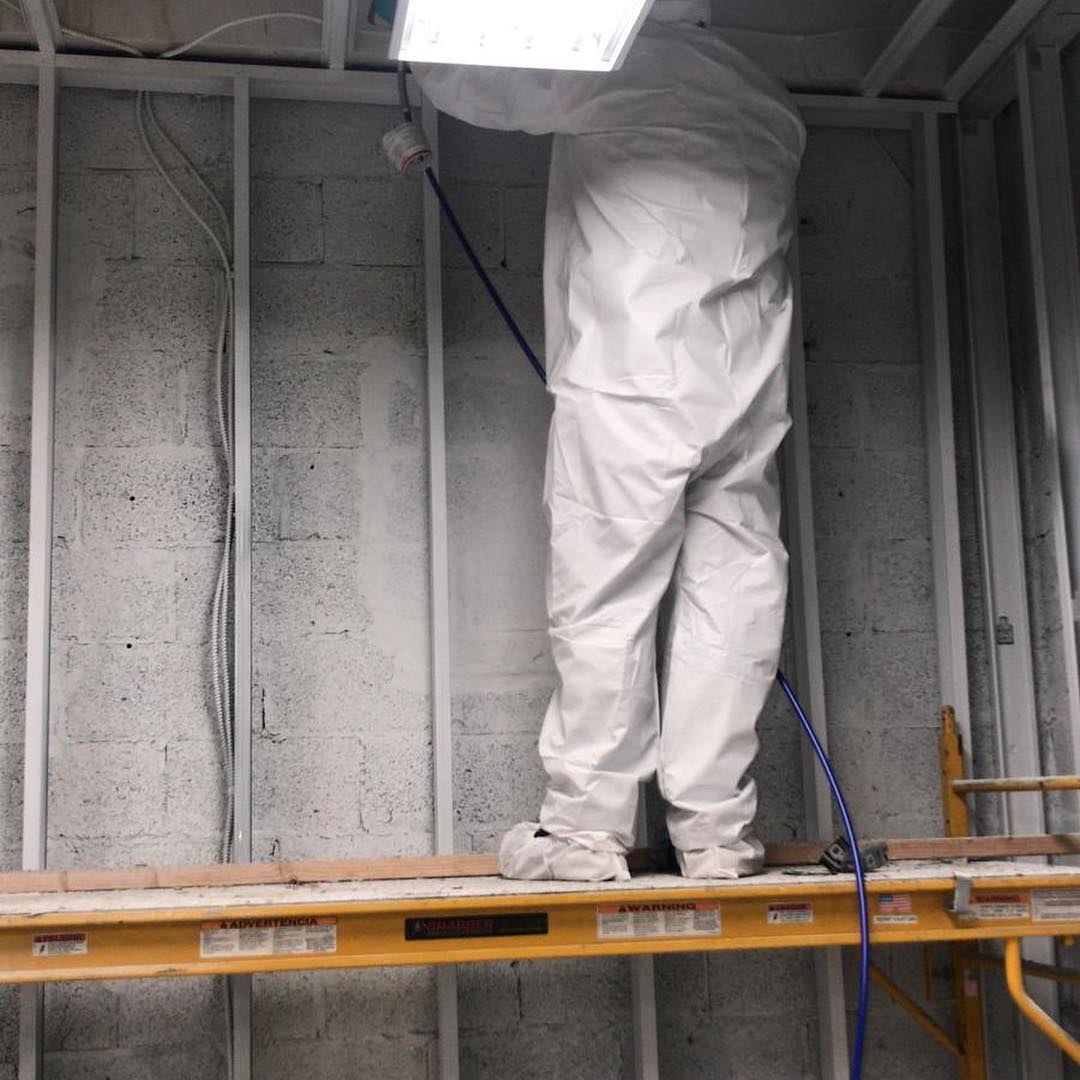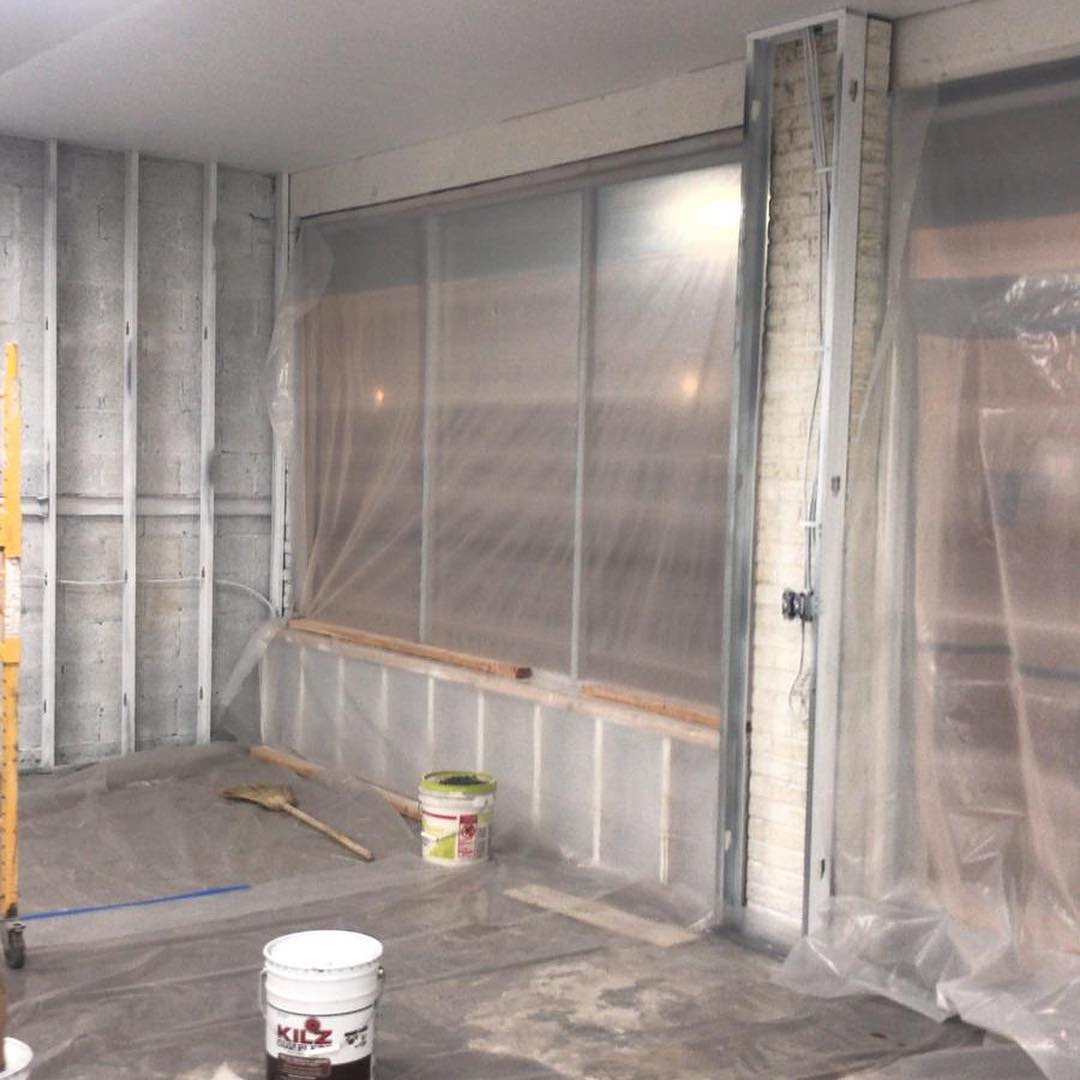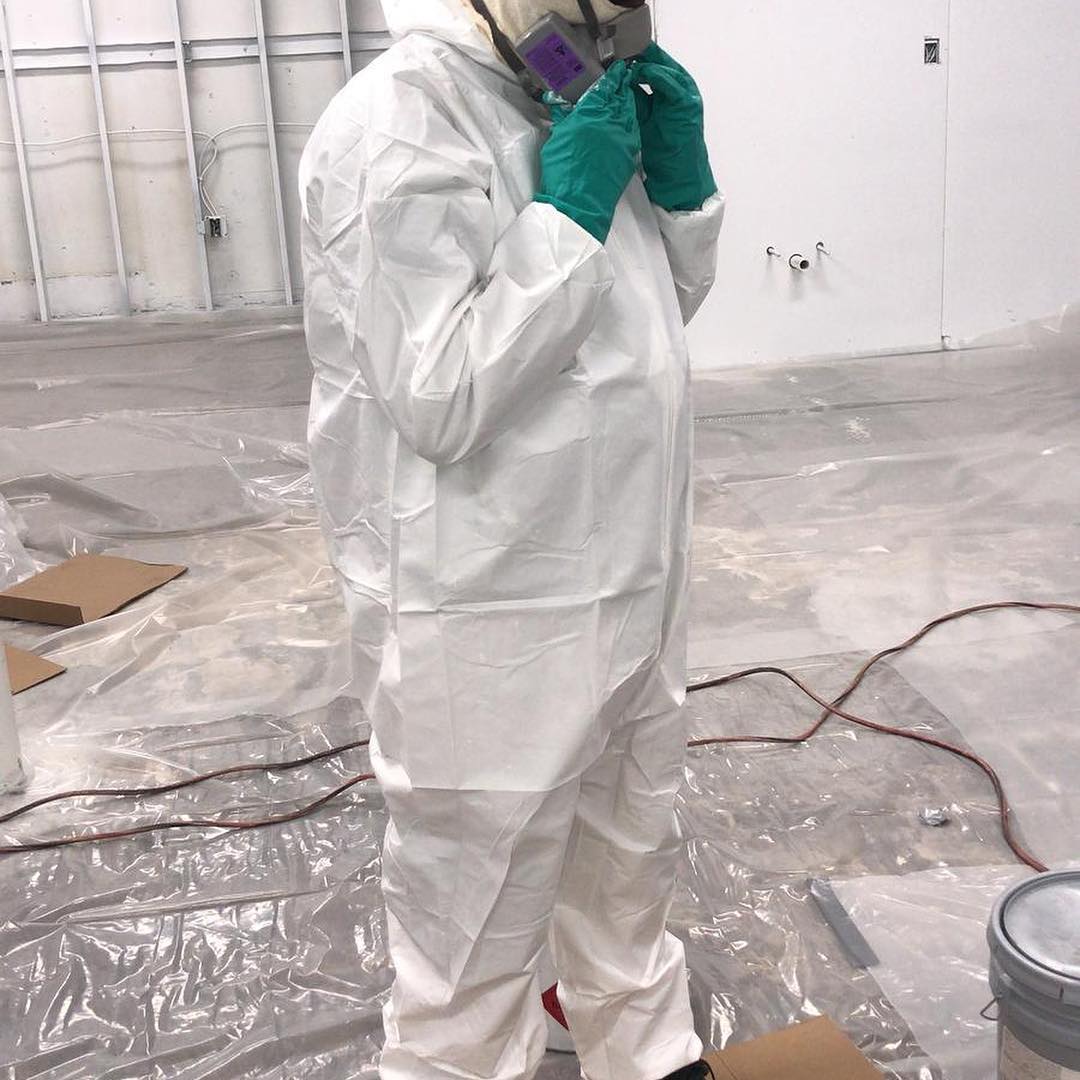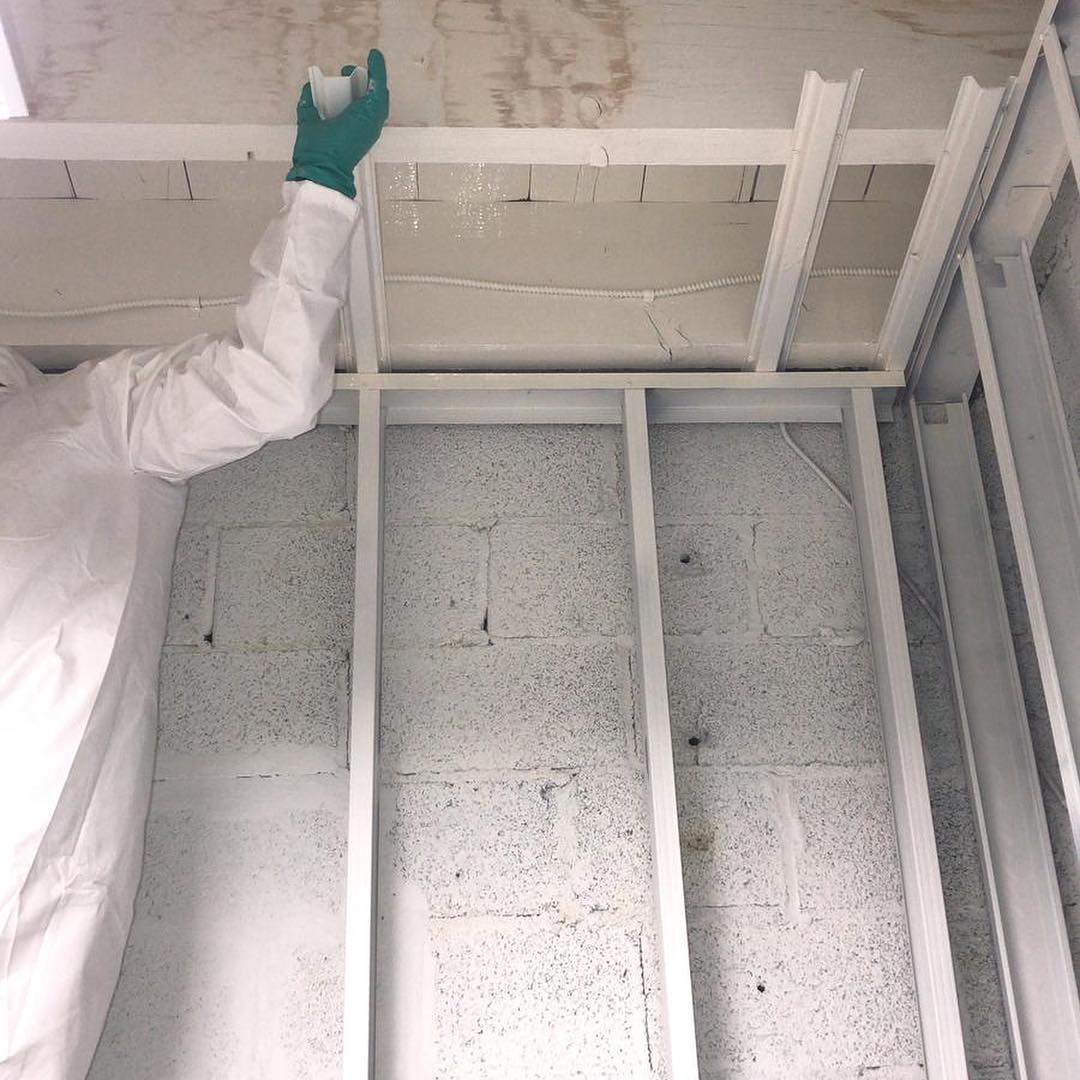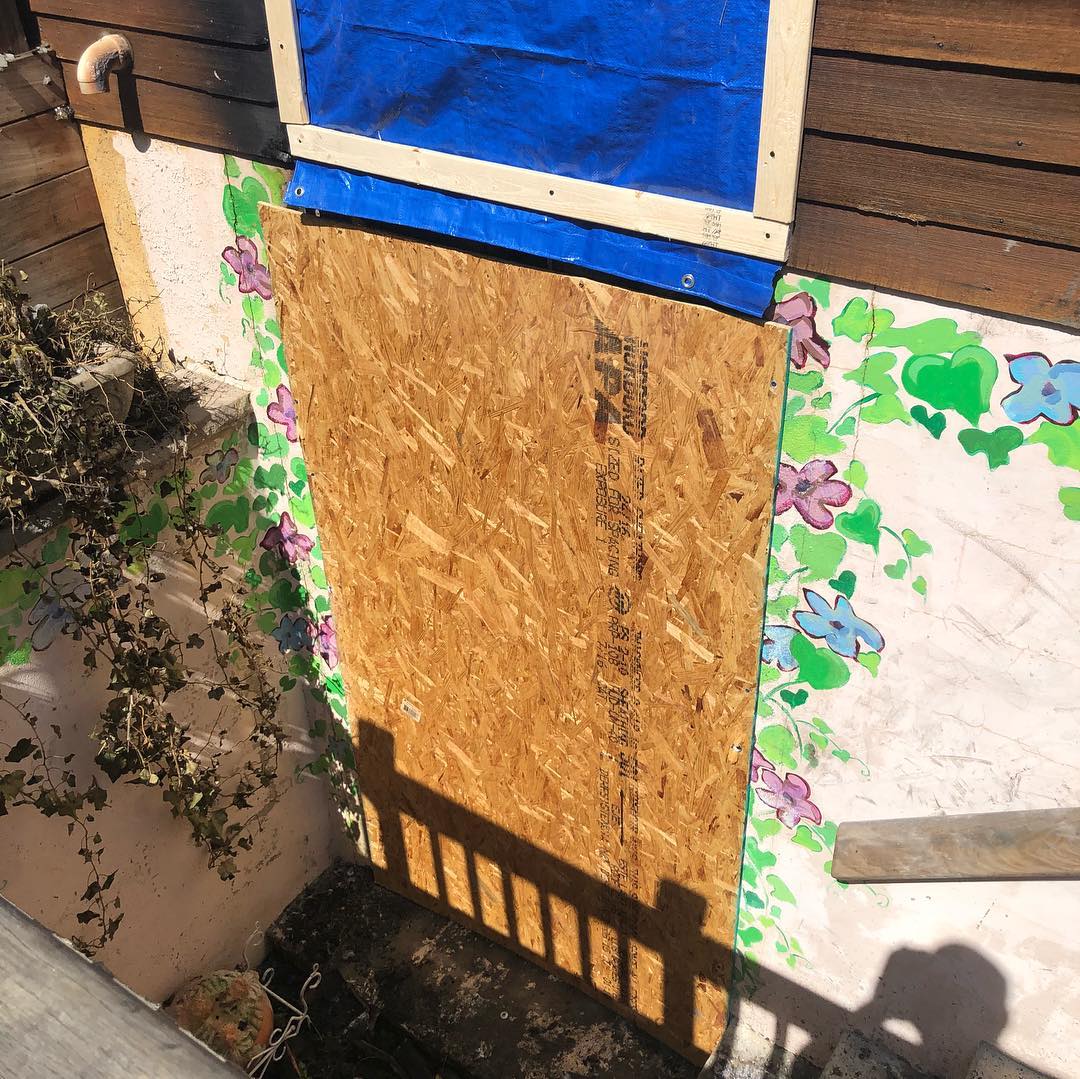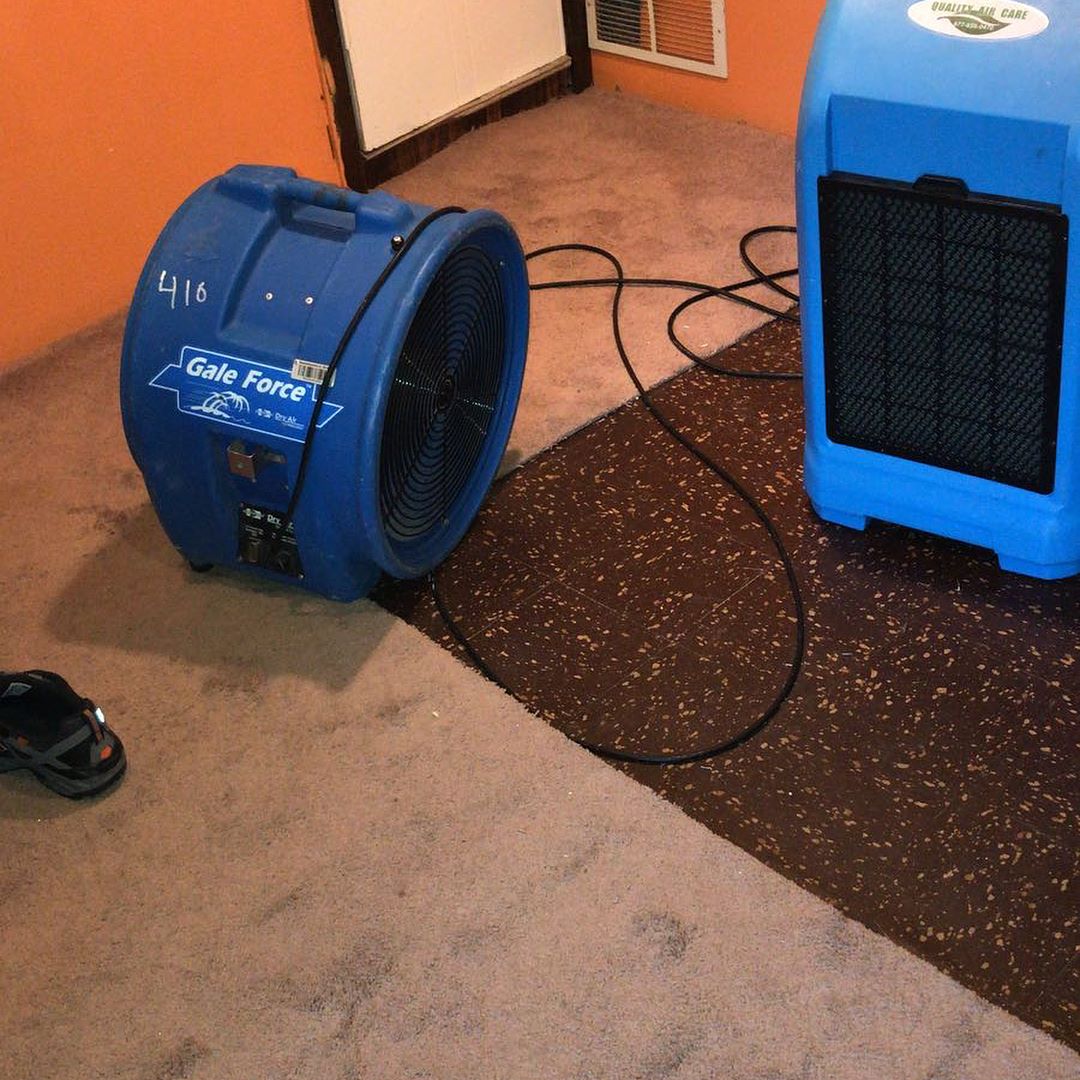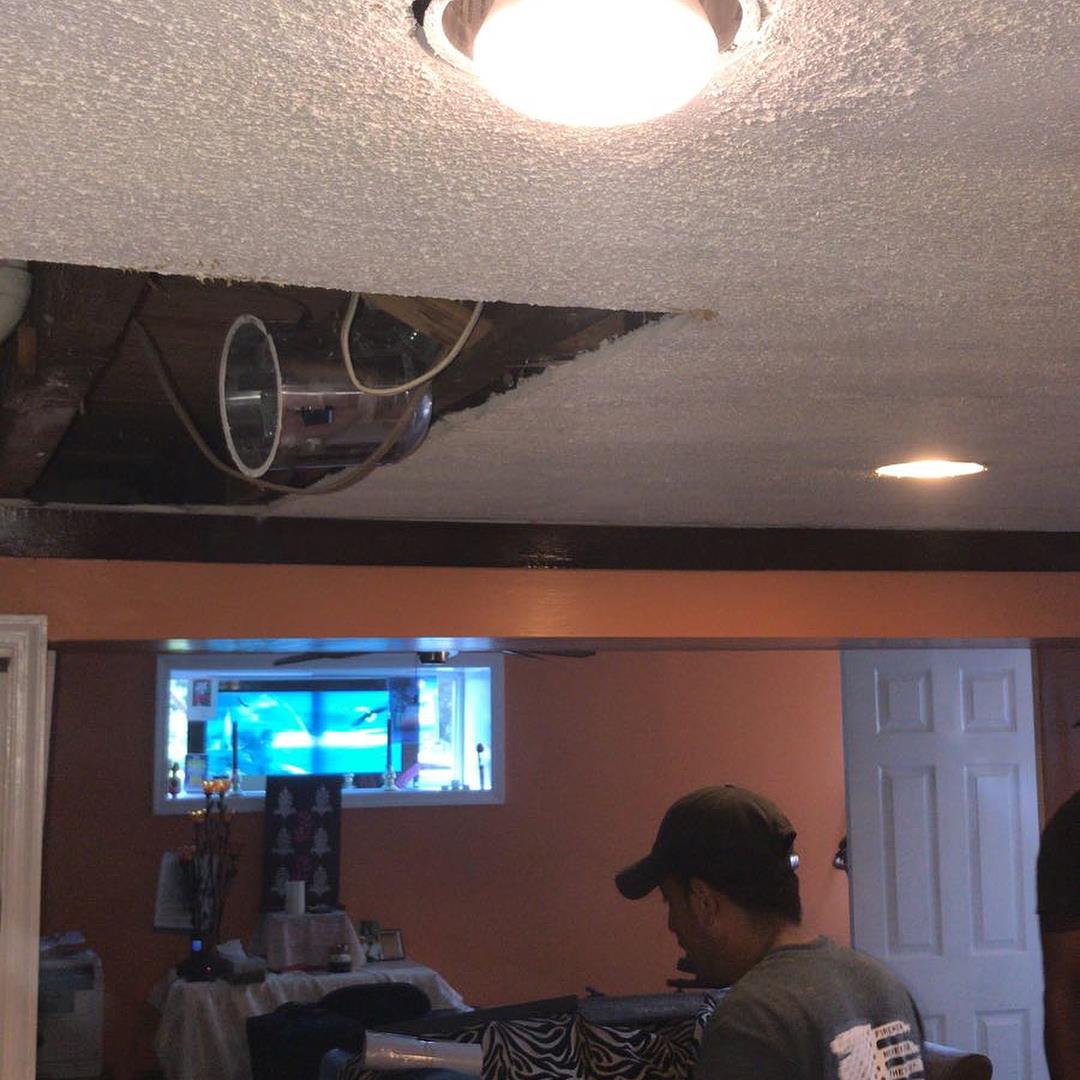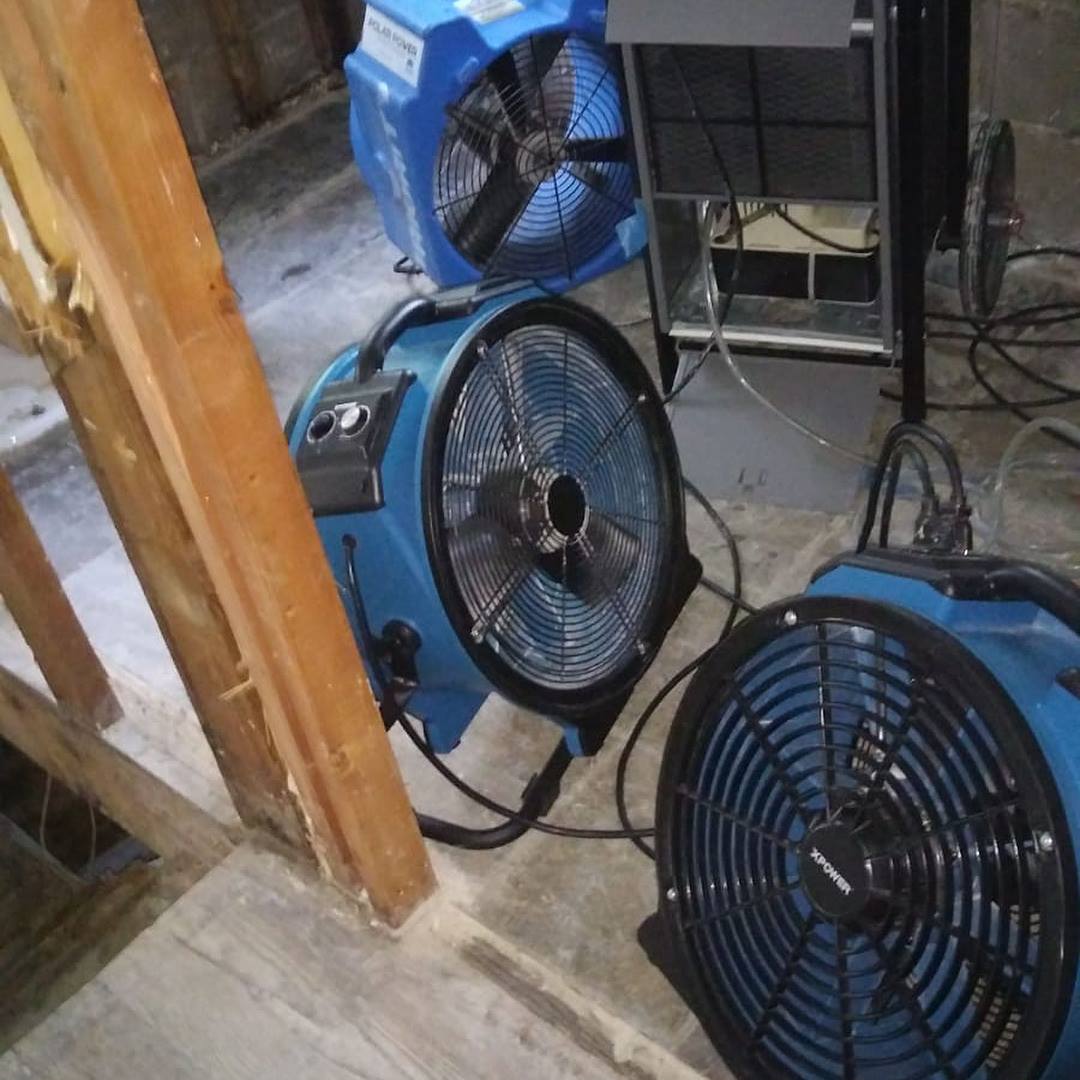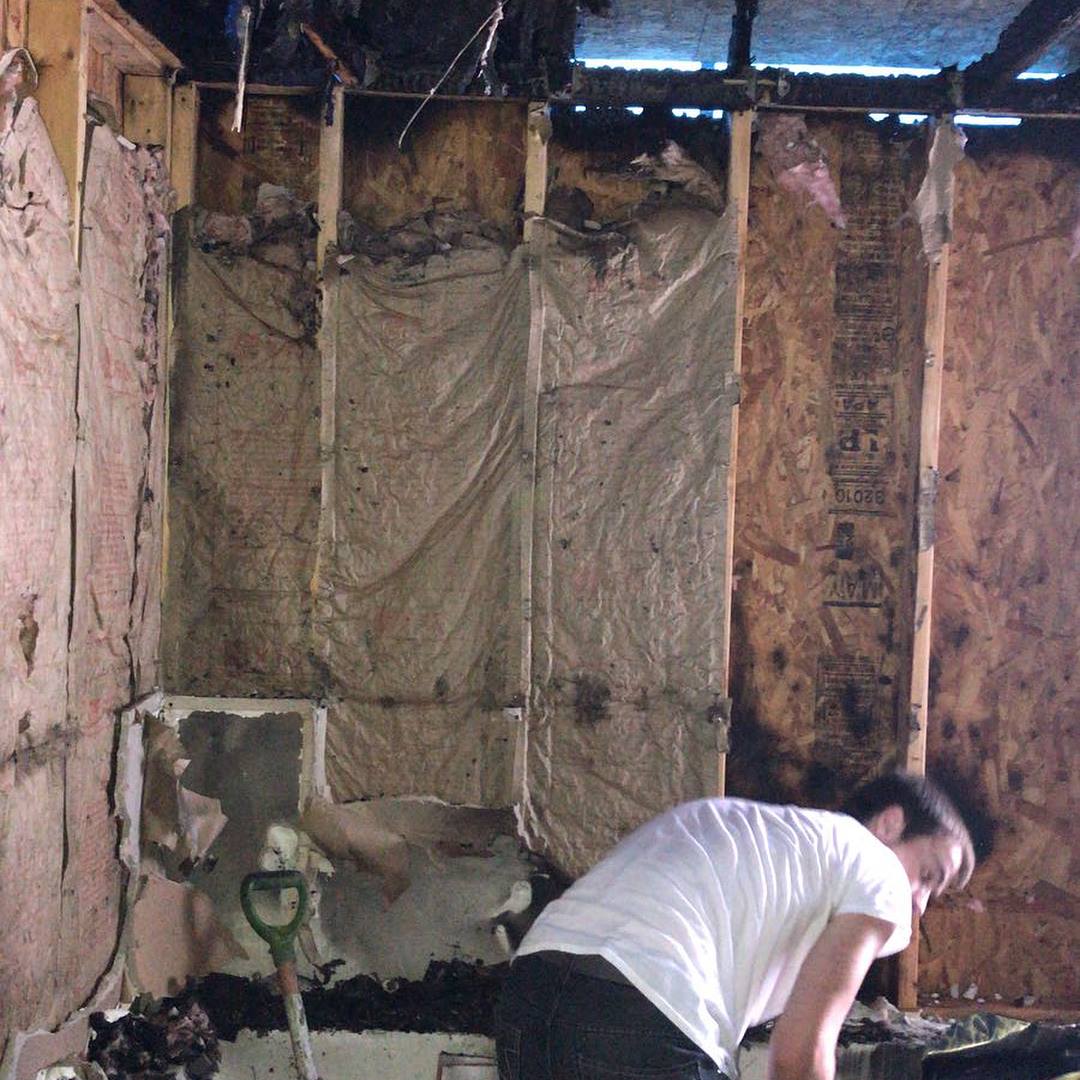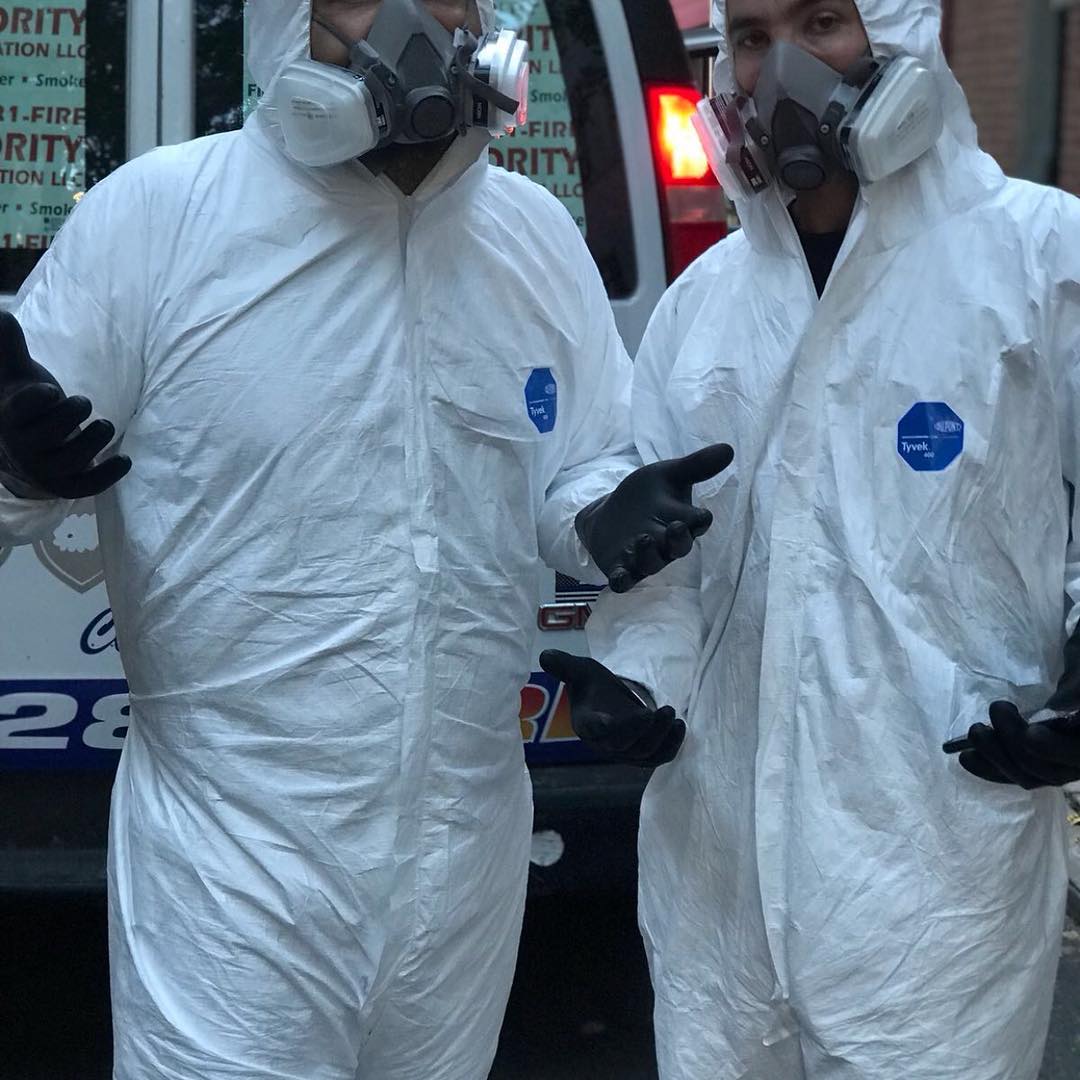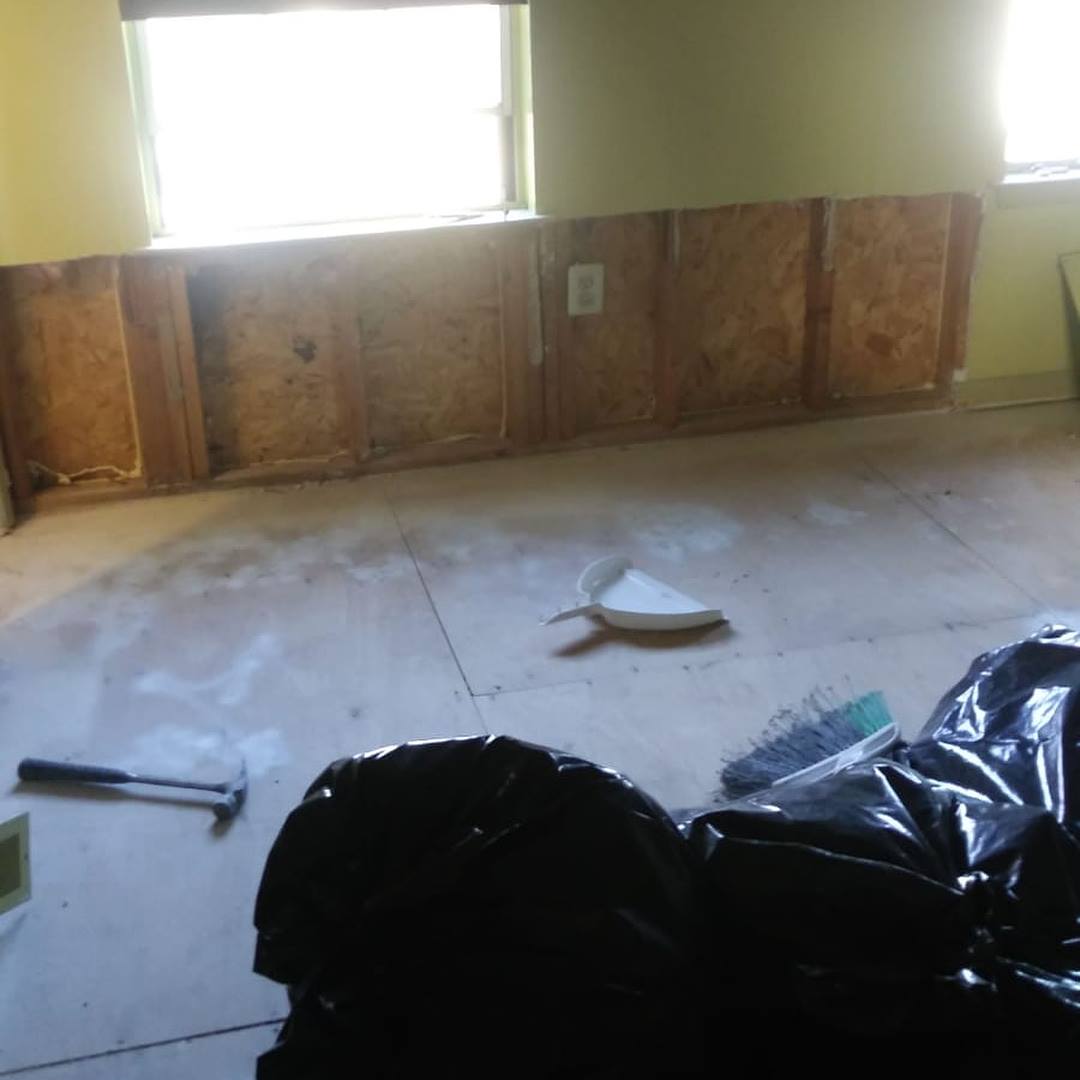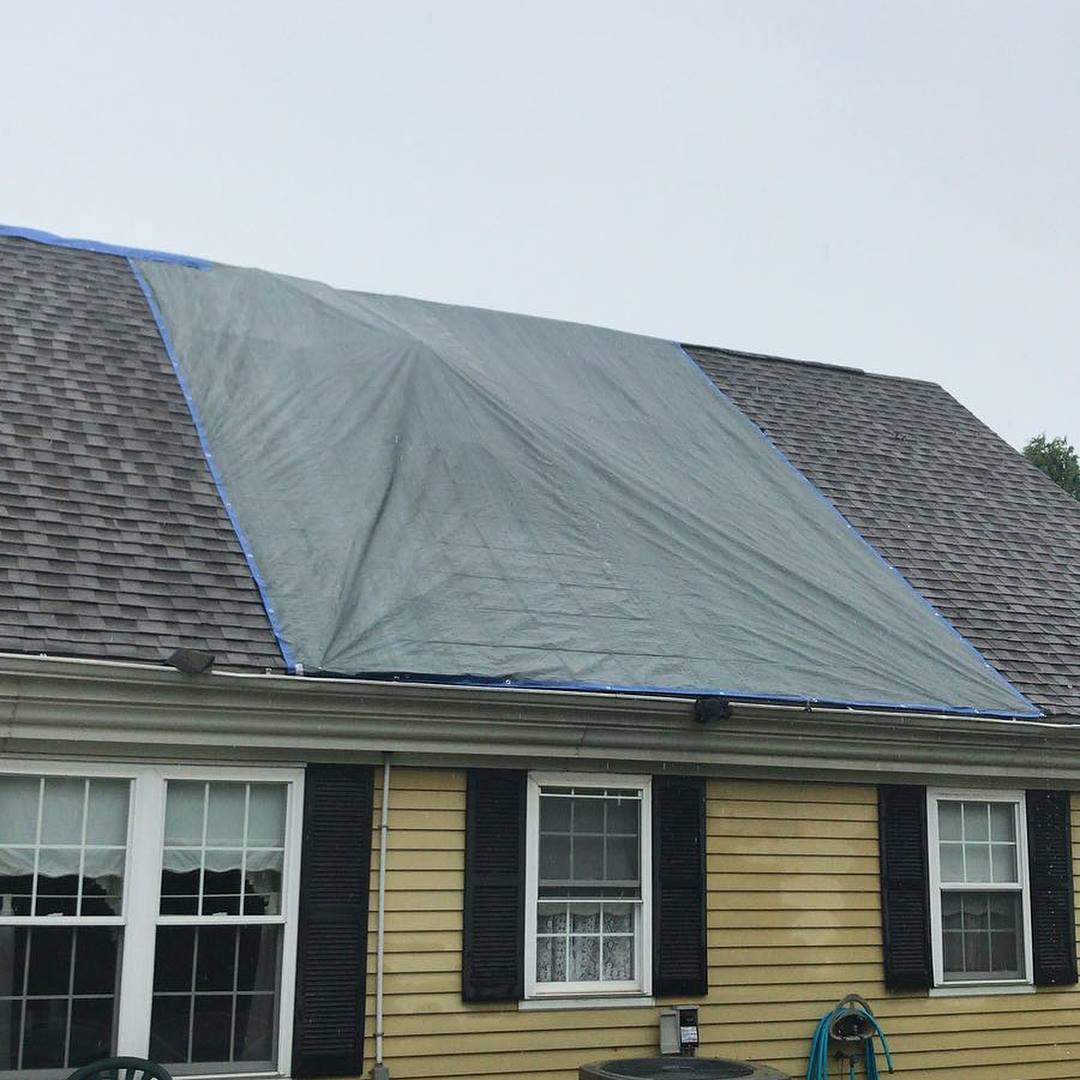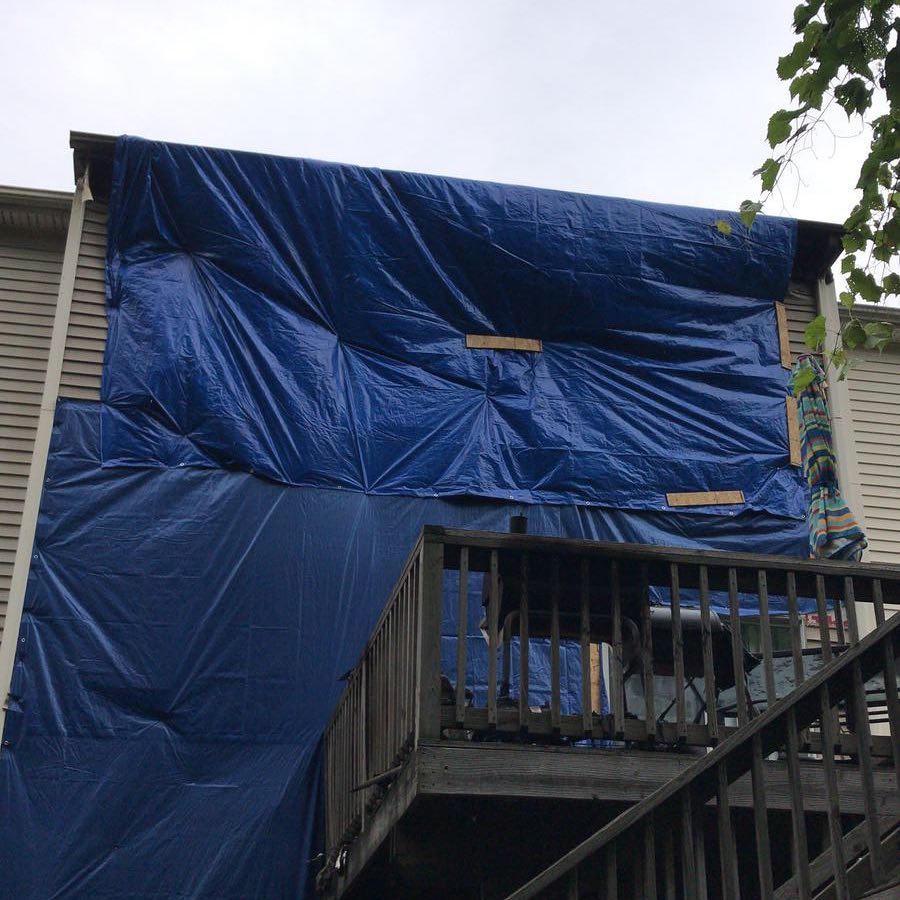
When dealing with water filter flood damage, you need a reliable and local team of Philly damage restoration experts in your corner. We've restored 100s of properties, both residential and commercial, in the Philly area and we're ready to come out and help you 24/7.
We're certified, insured, and work with all insurance companies. We understand how overwhelming it can be dealing with unexpected damage so let us assist you with your claim so you can focus on getting your life back on track.

Request a Free Estimate
or call (445) 234-4123
By submitting the form, you agree to our Terms of Service and Privacy Policy.
Water filters are essential for maintaining clean and safe drinking water. However, these filters, particularly in-line water filters, can sometimes be the source of unexpected floods and water damage. Understanding the potential causes and taking preventative measures can help you avoid costly repairs and the inconvenience of water damage in your home or business.
Types of In-Line Water Filters
In-line water filters are installed in the water supply line, usually under the sink or behind the refrigerator. These filters come in different types, each with its unique features and potential for causing floods:
1. Clogged Filters
Over time, in-line water filters can become clogged with debris, sediment, and mineral buildup. This can restrict water flow and increase pressure in the filter, leading to leaks or bursts in the water line.
2. Poor Installation
Improper installation of in-line water filters can result in loose connections or misaligned fittings. These issues can cause leaks or bursts in the water line, especially under high water pressure.
3. Old or Damaged Filters
Like any other appliance, in-line water filters have a lifespan. Using old or damaged filters can increase the risk of leaks or bursts in the water line, as they may not be able to withstand normal water pressure.
How In-Line Water Filters Can Cause Floods
Sudden Bursts
One of the most common ways in-line water filters can cause floods is through sudden bursts in the water line. This can happen due to clogged filters, high water pressure, or old and damaged filters.
Slow Leaks
Another way in-line water filters can cause floods is through slow leaks. These leaks can develop over time due to clogged filters or poor installation, leading to water damage that may go unnoticed for an extended period.
Water Damage
Regardless of the cause, floods and leaks from in-line water filters can result in significant water damage to your home or business. This damage can include warped flooring, damaged drywall, and even mold growth if not addressed promptly.
Prevention and Restoration Tips
1. Regular Maintenance
Regularly inspect and replace your in-line water filter according to the manufacturer's recommendations. This can help prevent clogs and ensure that the filter is working correctly.
2. Proper Installation
Ensure that your in-line water filter is installed correctly and that all connections are tight and secure. If you're unsure about the installation, consider hiring a professional plumber.
3. Monitor Water Pressure
High water pressure can put stress on your in-line water filter and increase the risk of leaks or bursts. Consider installing a water pressure regulator to maintain a safe level of water pressure.
4. Act Quickly
If you notice any signs of a leak or burst in your in-line water filter, such as water pooling under the sink or a decrease in water pressure, act quickly. Shut off the water supply and contact a professional restoration company like Philly Damage Restoration for immediate assistance.
5. Professional Restoration
In the event of a flood or water damage from your in-line water filter, it's essential to seek professional restoration services. Philly Damage Restoration specializes in in-line water filter flood damage restoration, ensuring that your home or business is properly dried, cleaned, and restored to its pre-damage condition.
Frequently Asked Questions About Water Filter Flood Damage in Philly
In-line water filters can cause floods due to clogs, poor installation, or old/damaged filters. Clogs can lead to increased pressure, causing leaks or bursts. Poor installation can result in loose connections that may leak. Old or damaged filters may not withstand water pressure, leading to leaks or bursts.





















